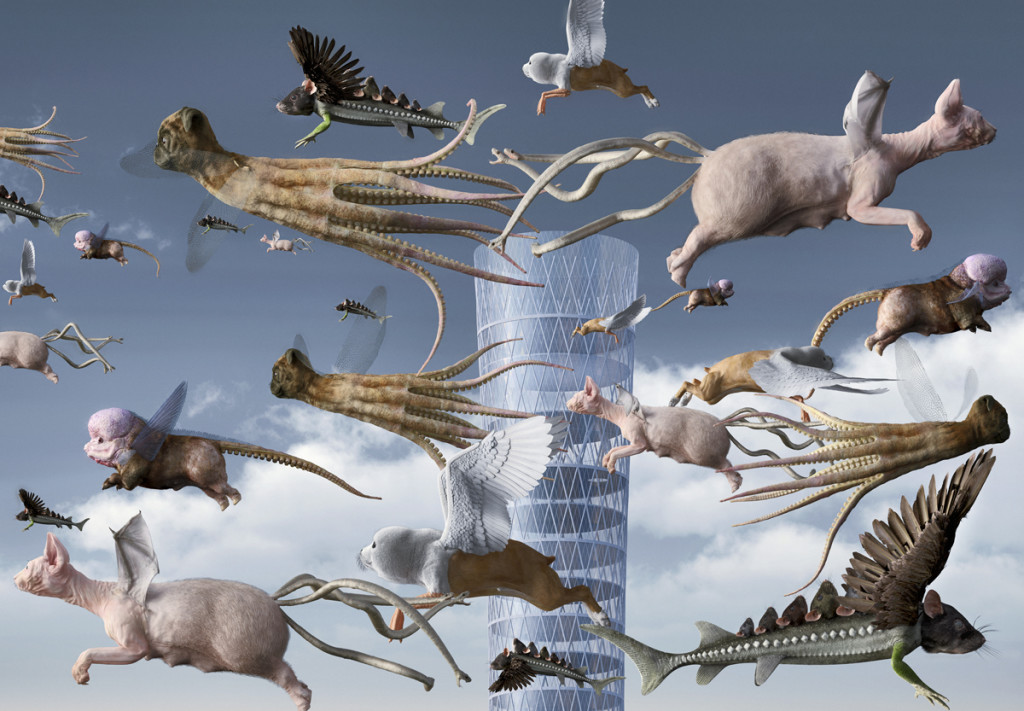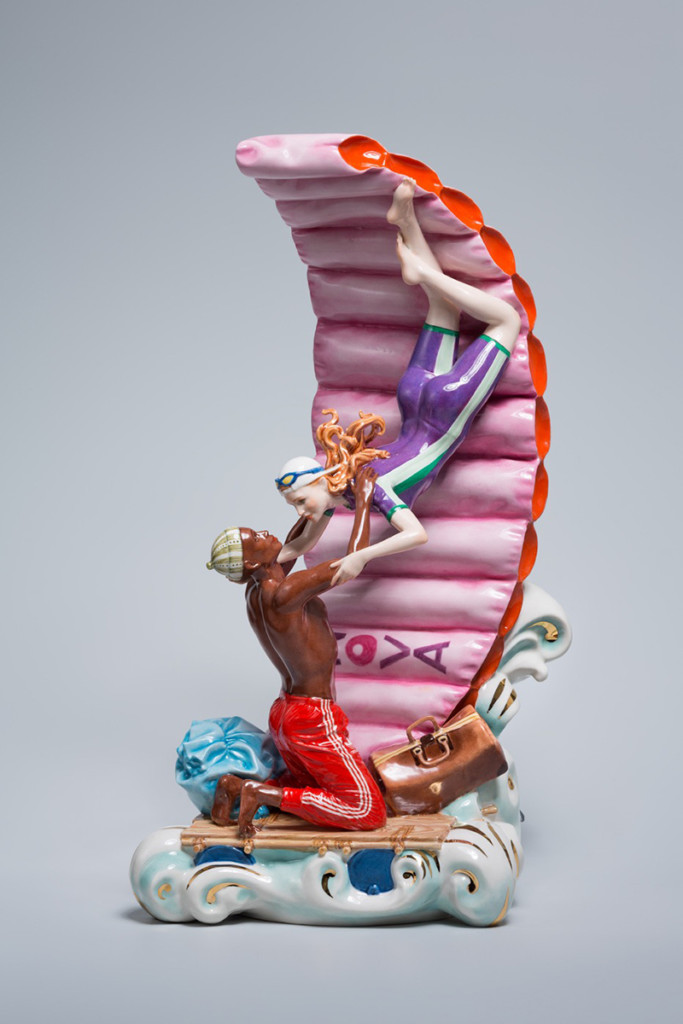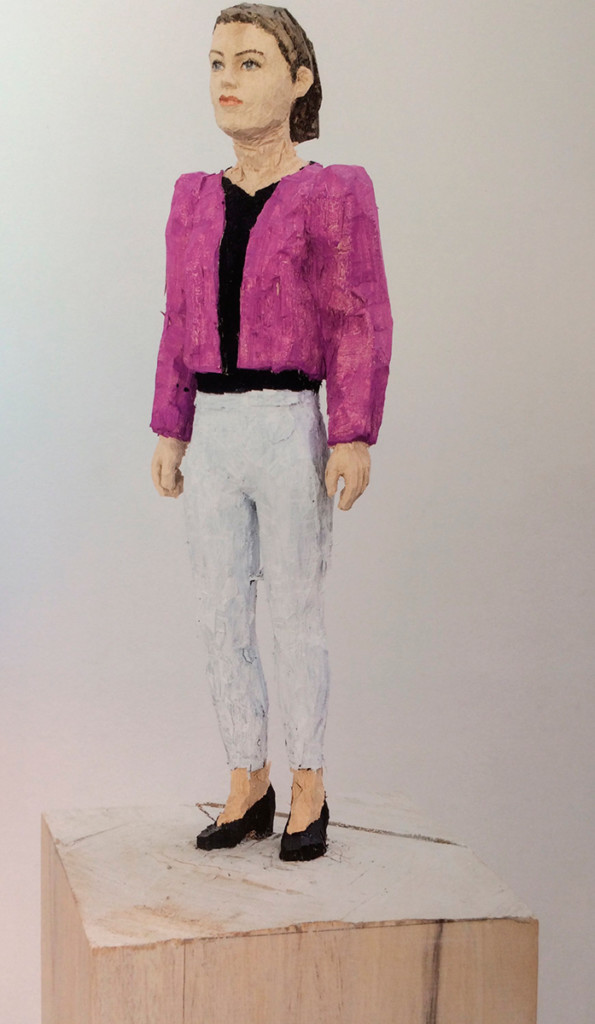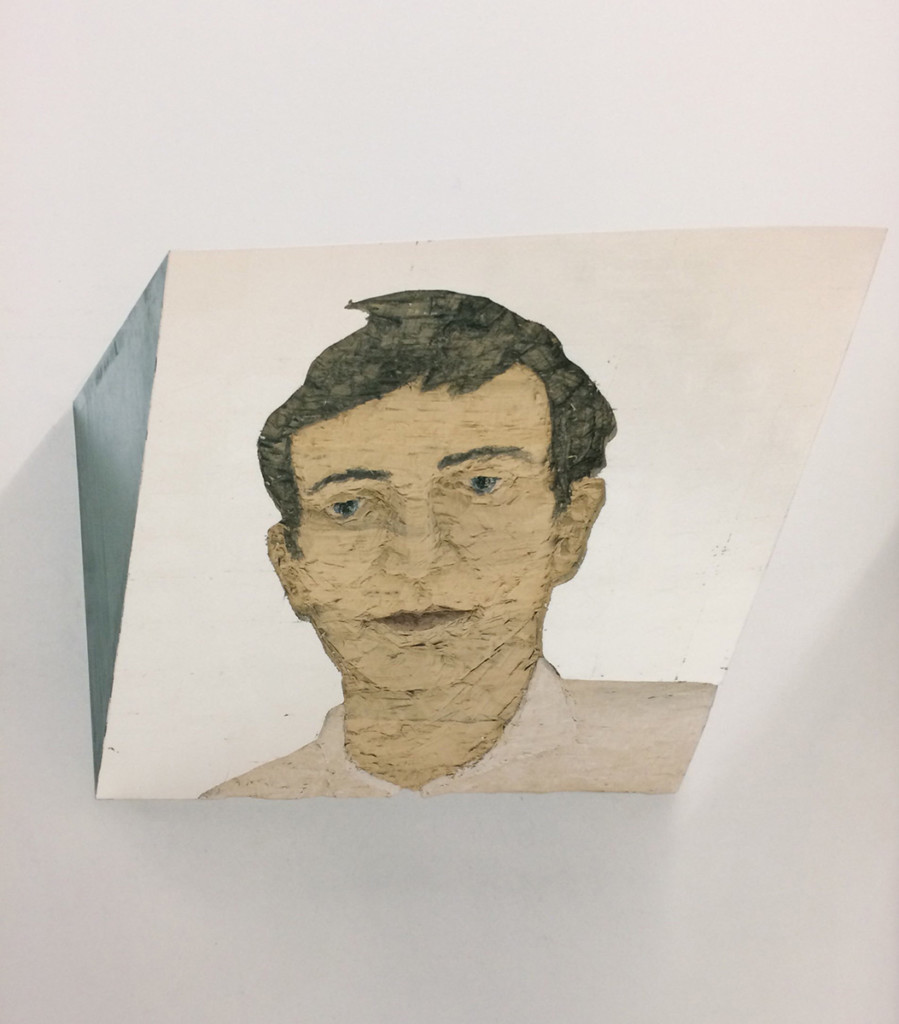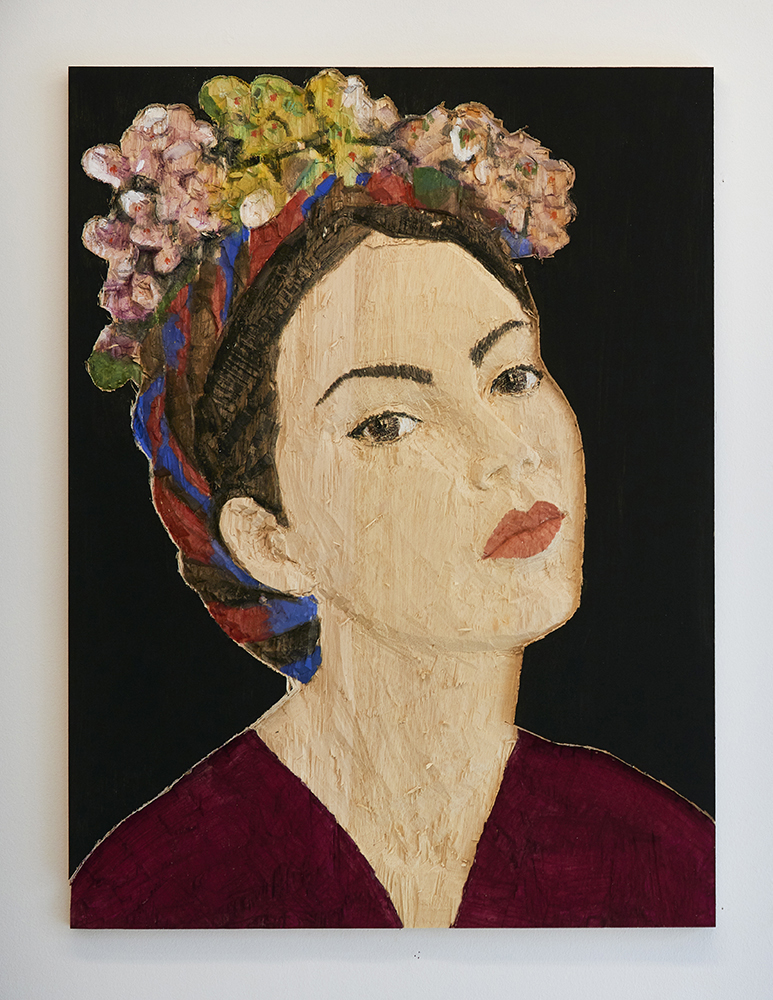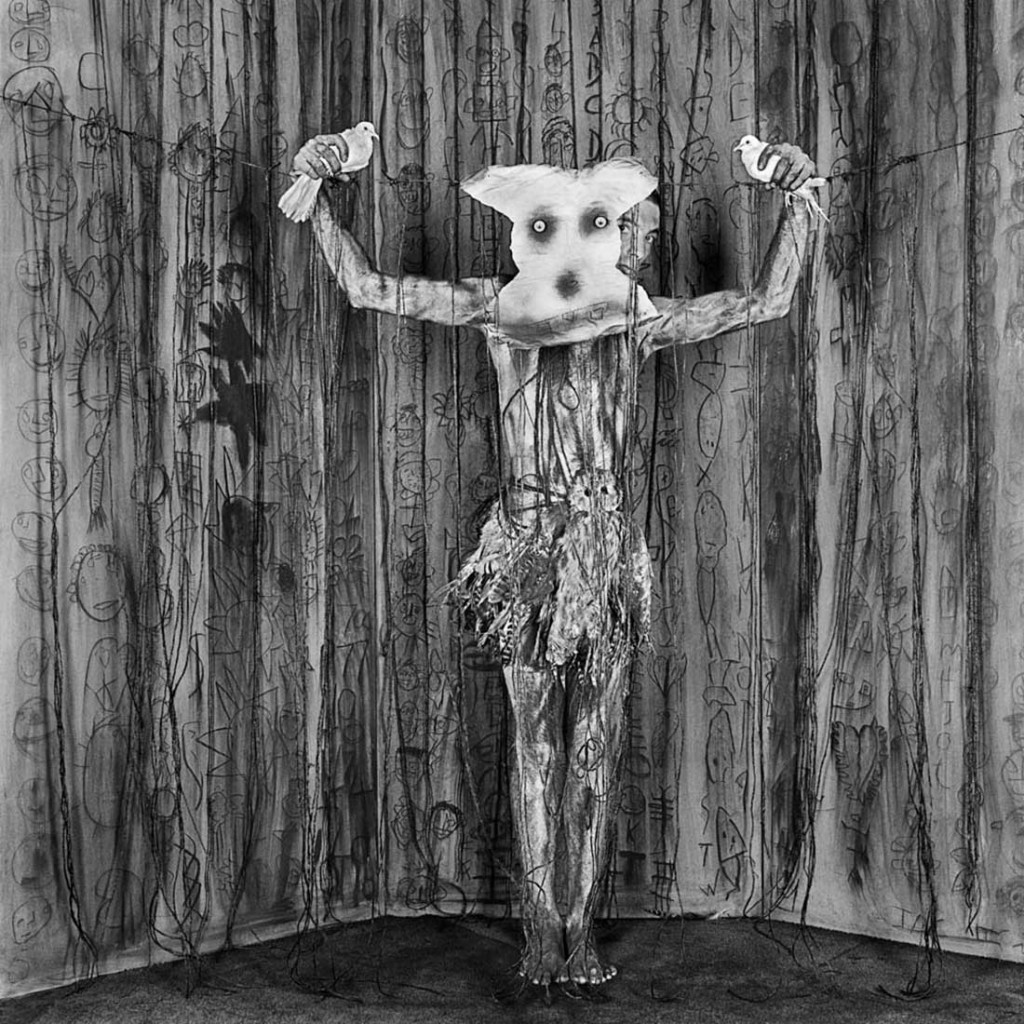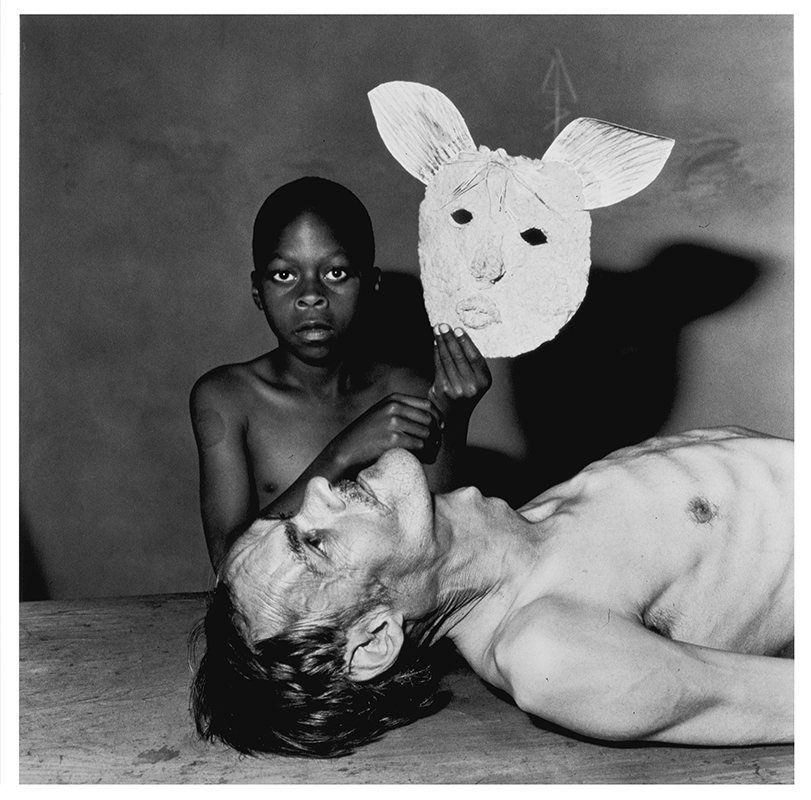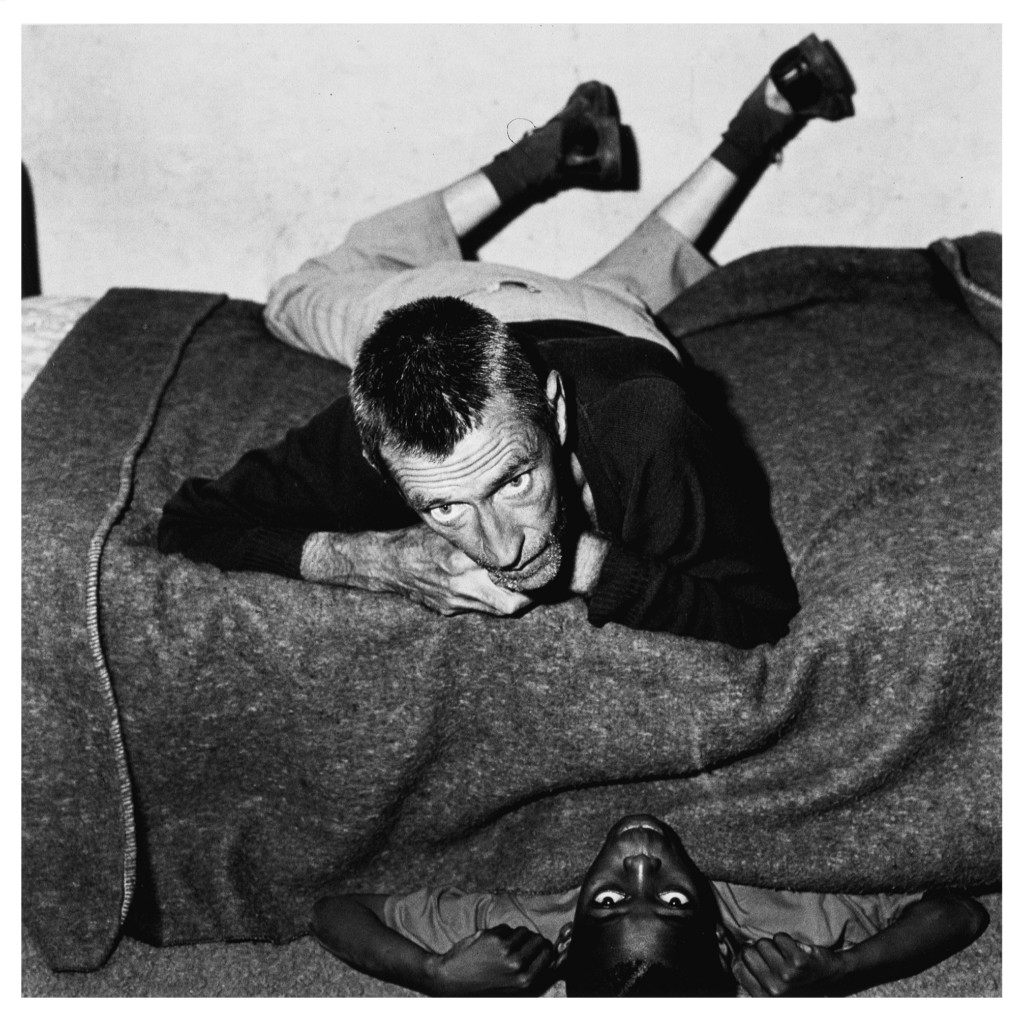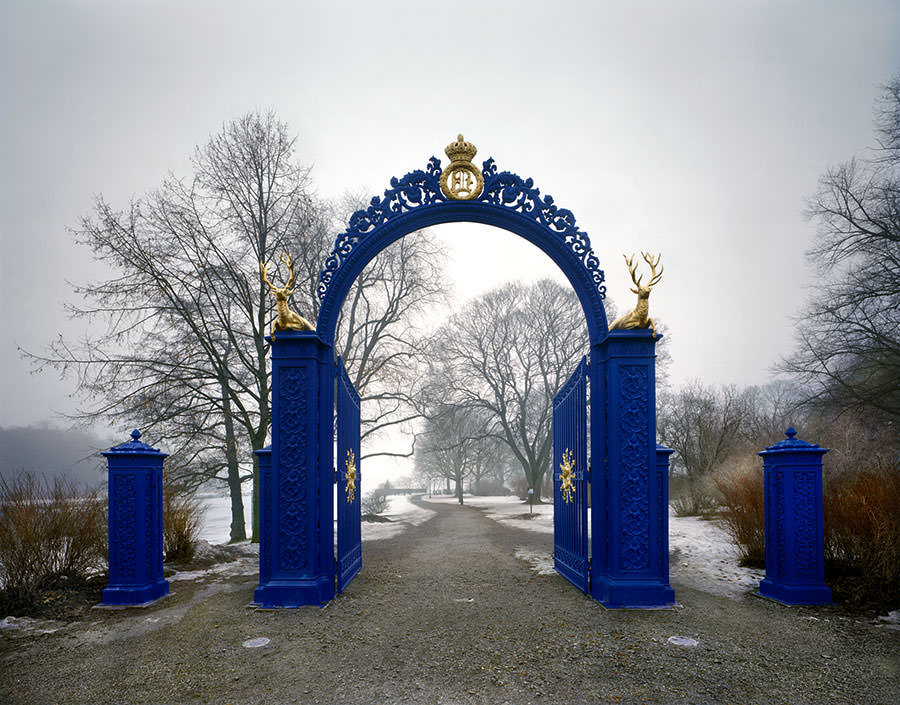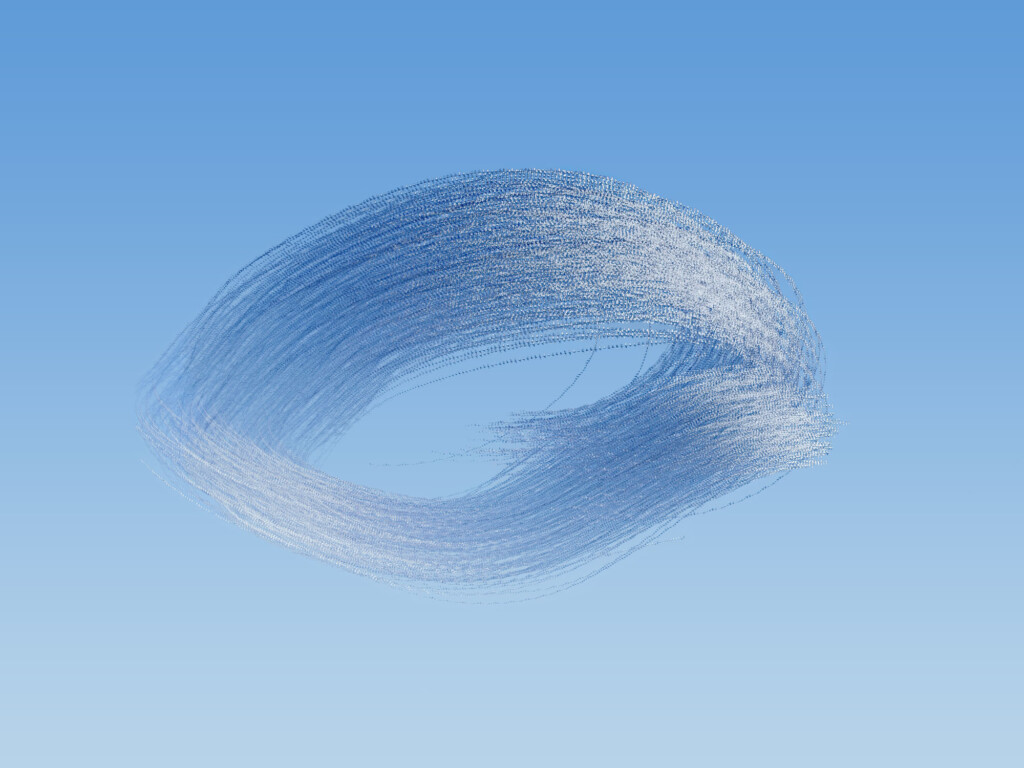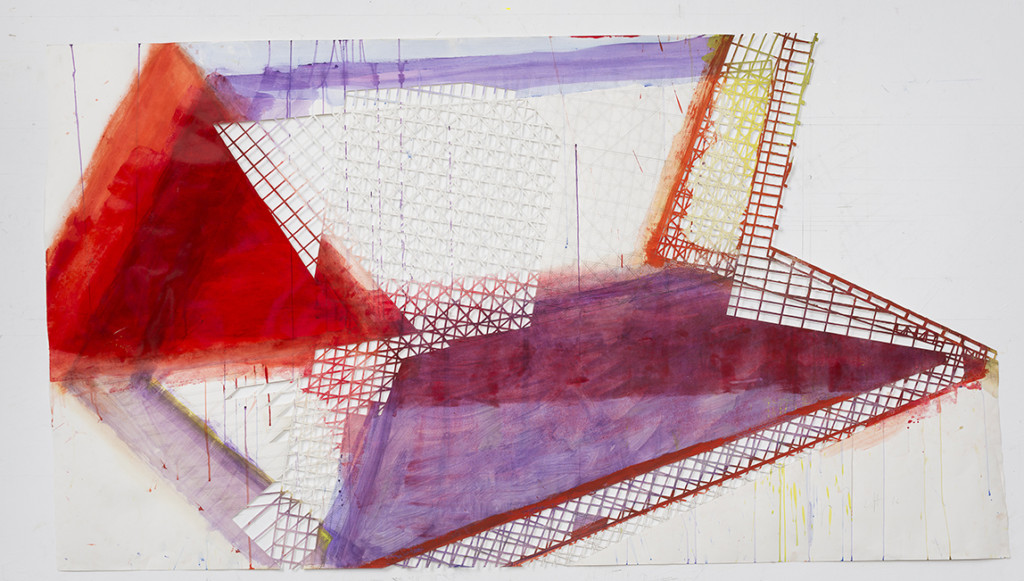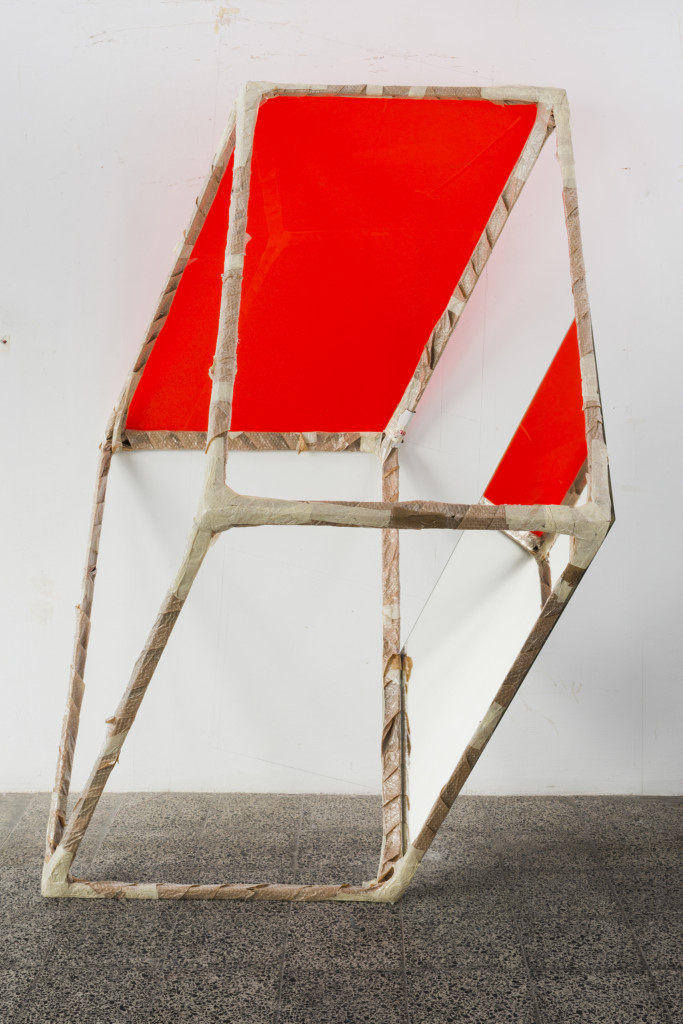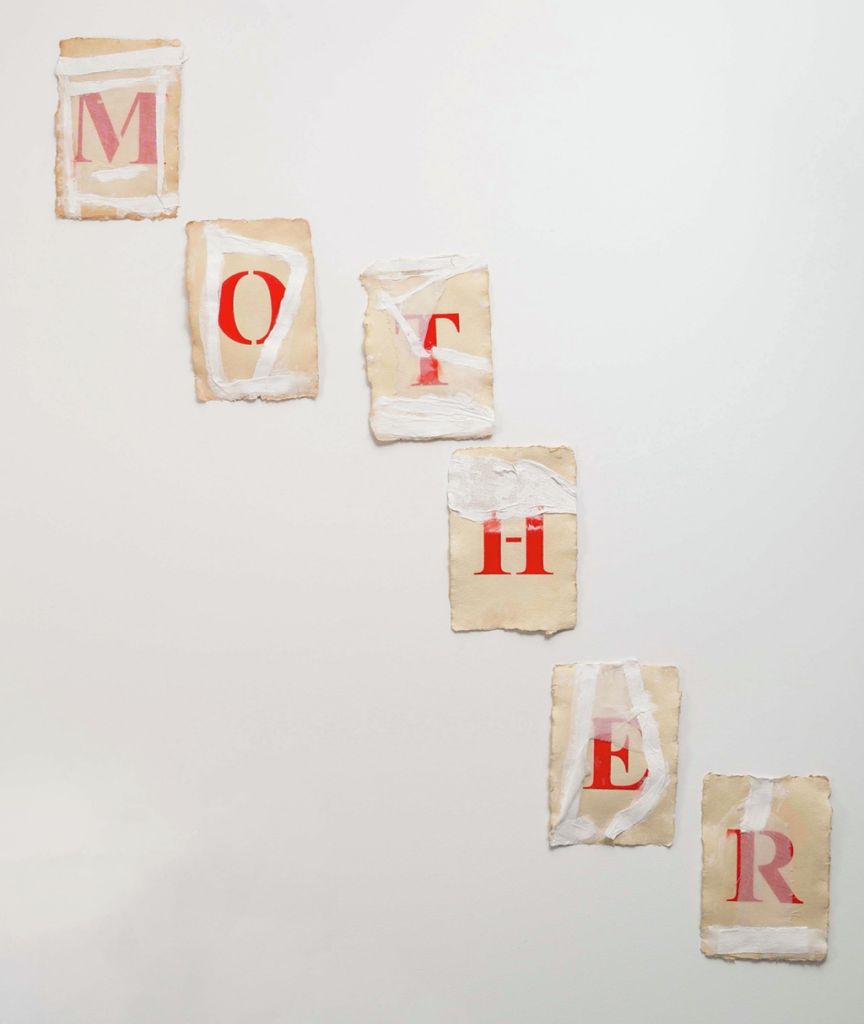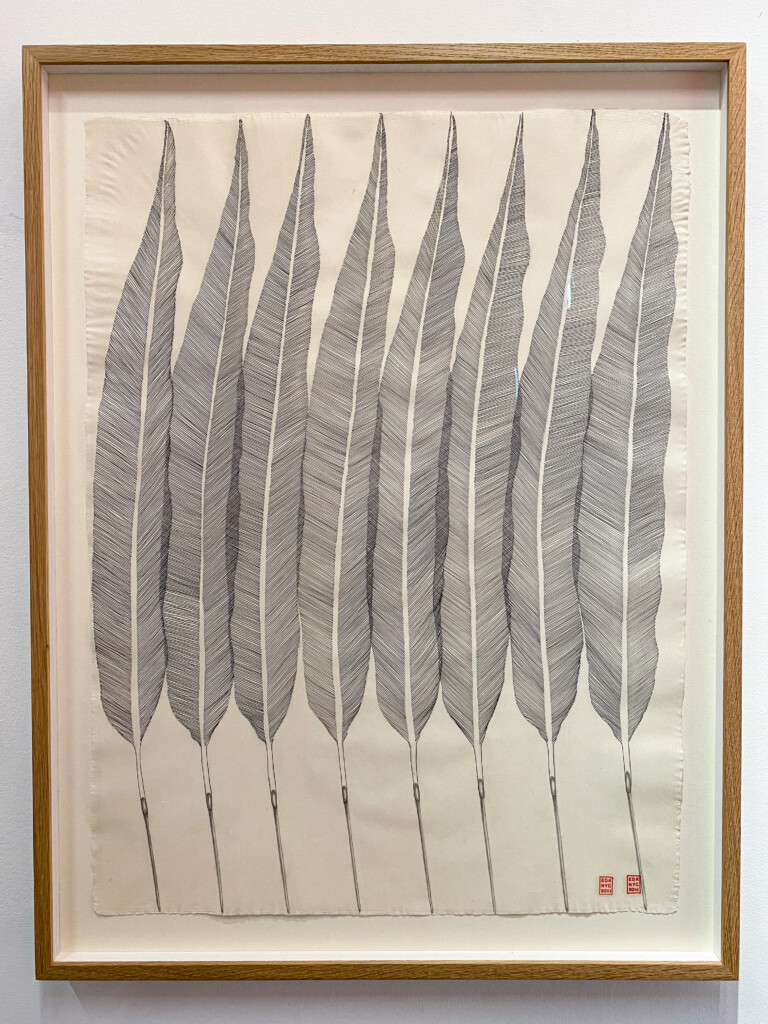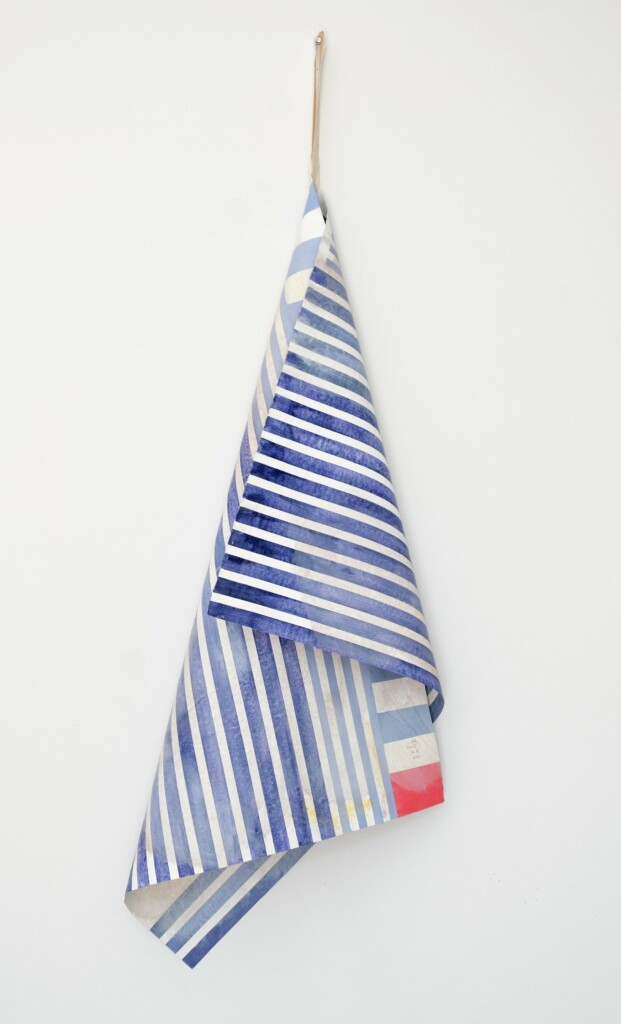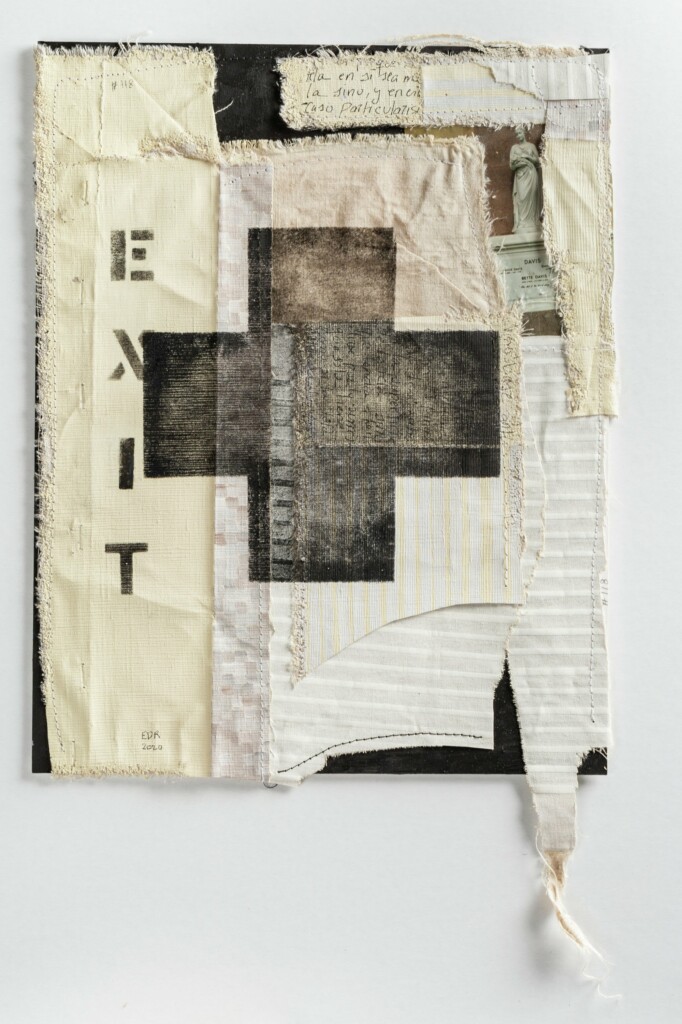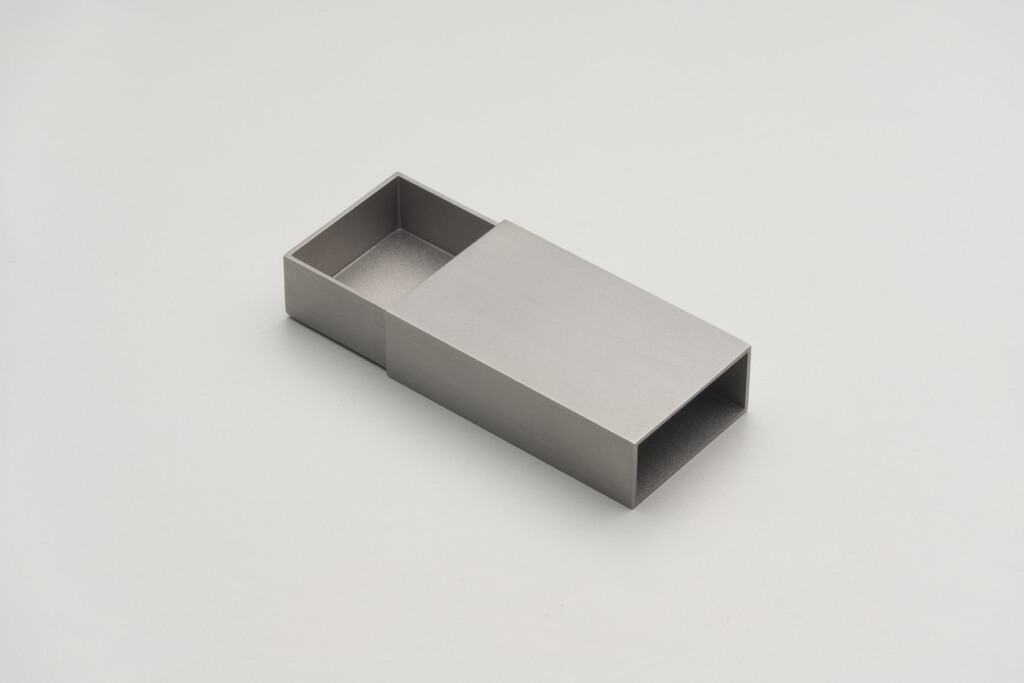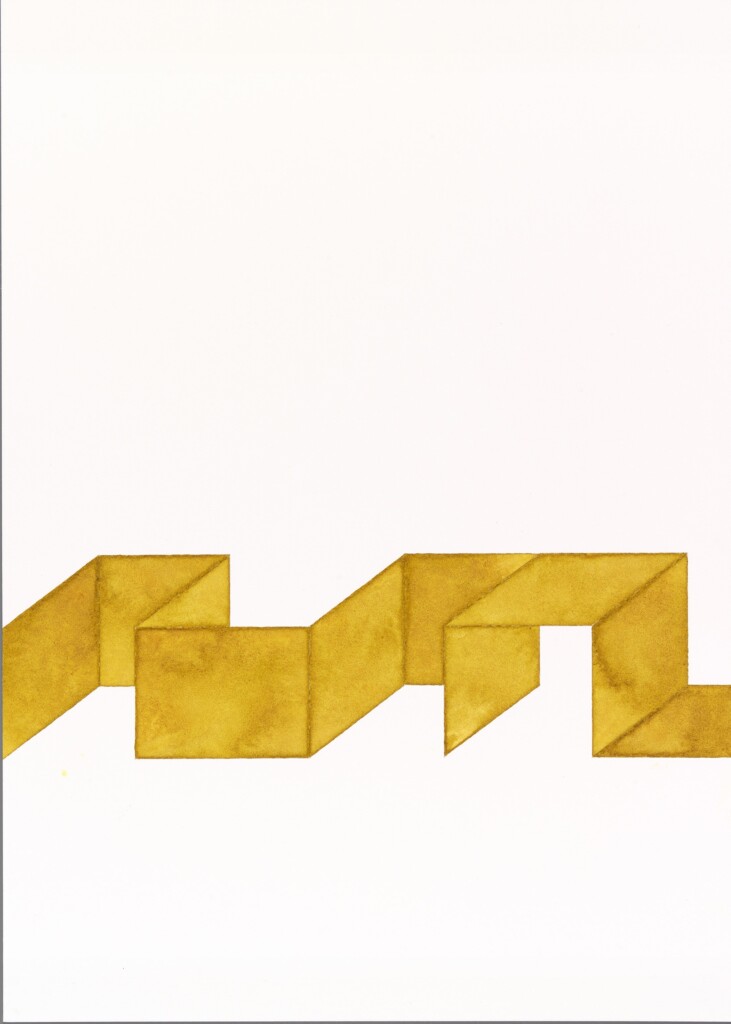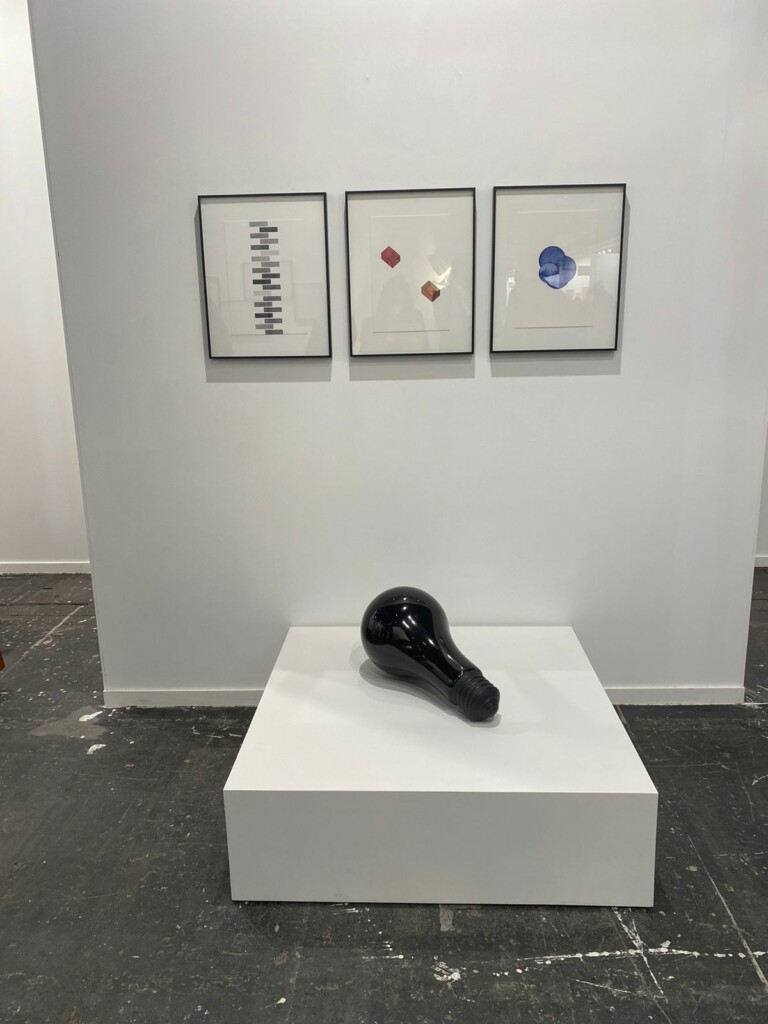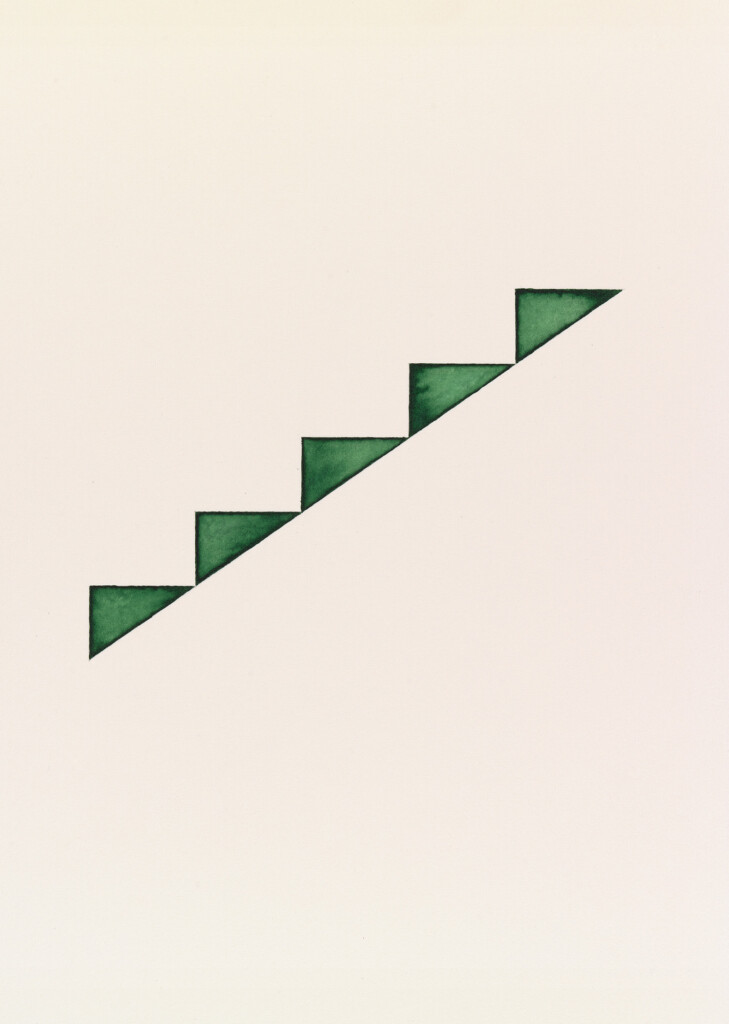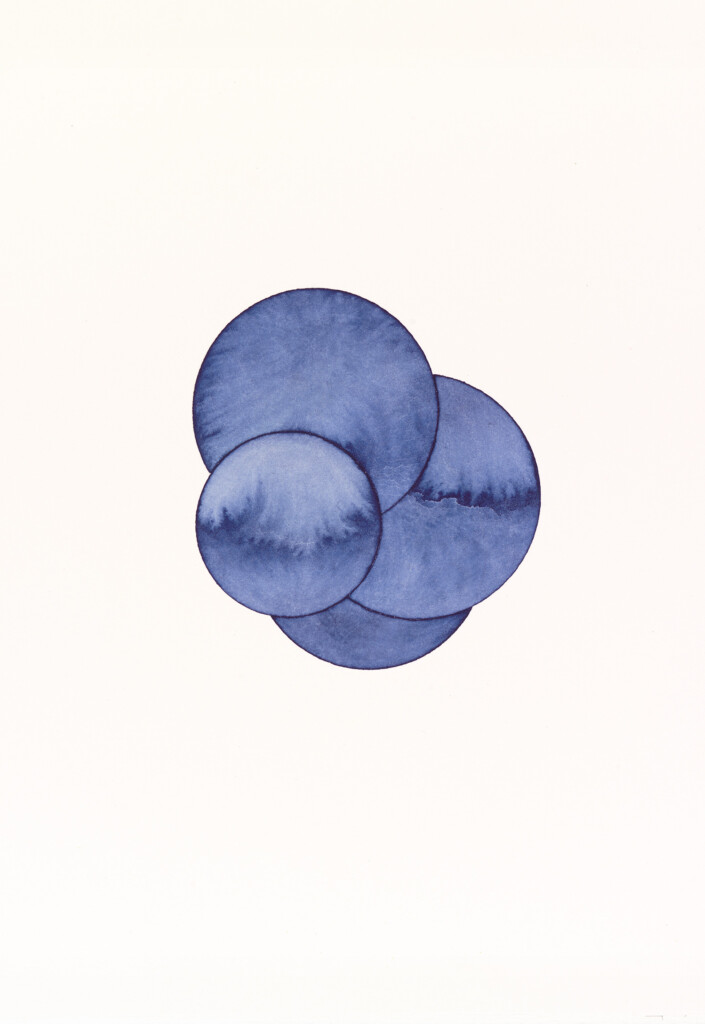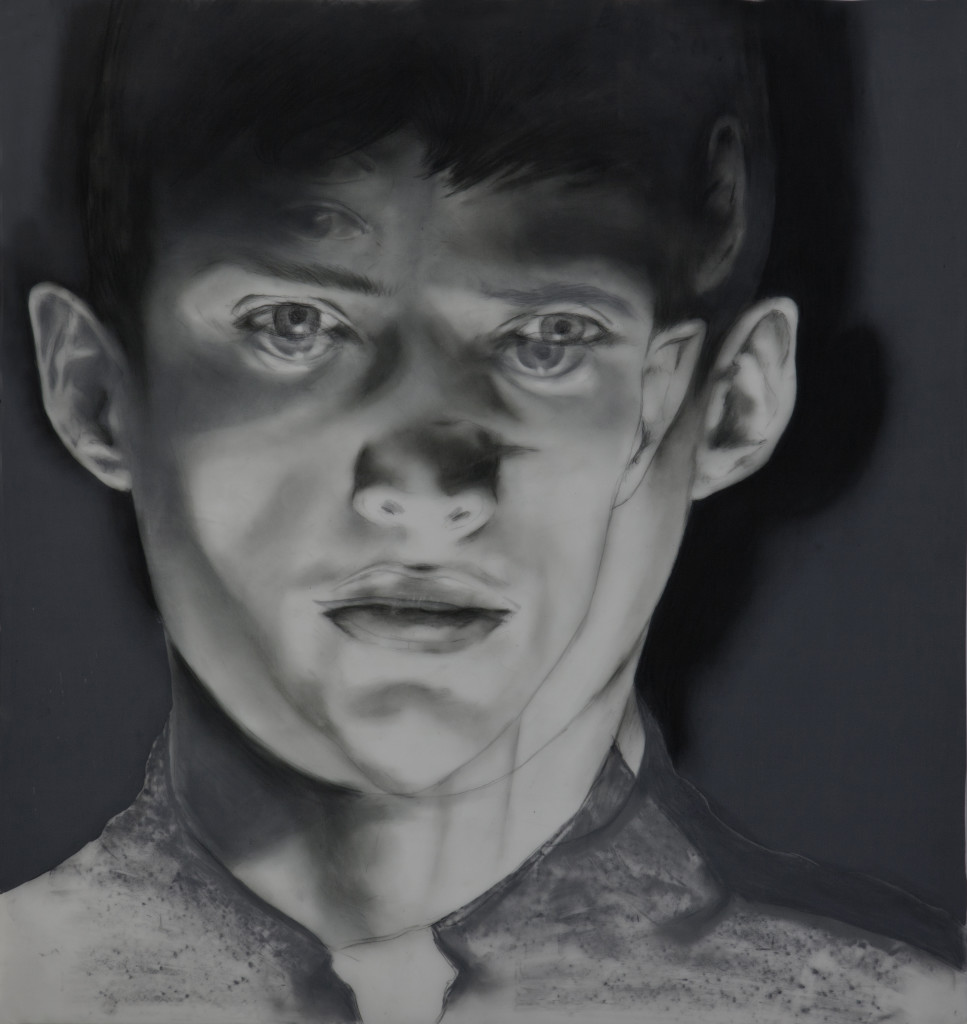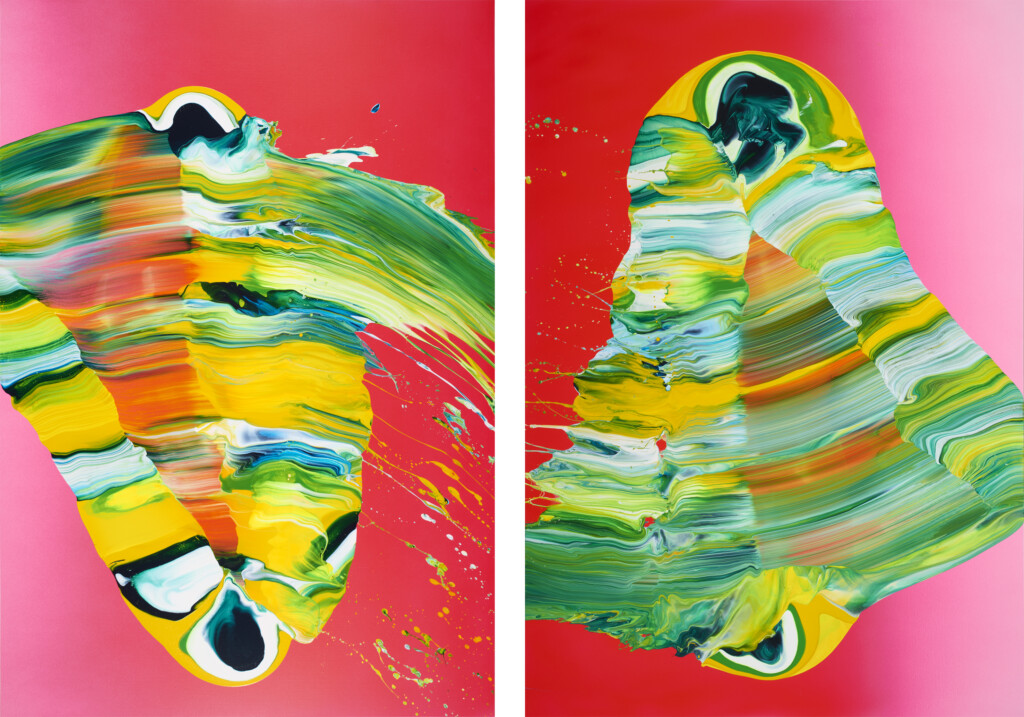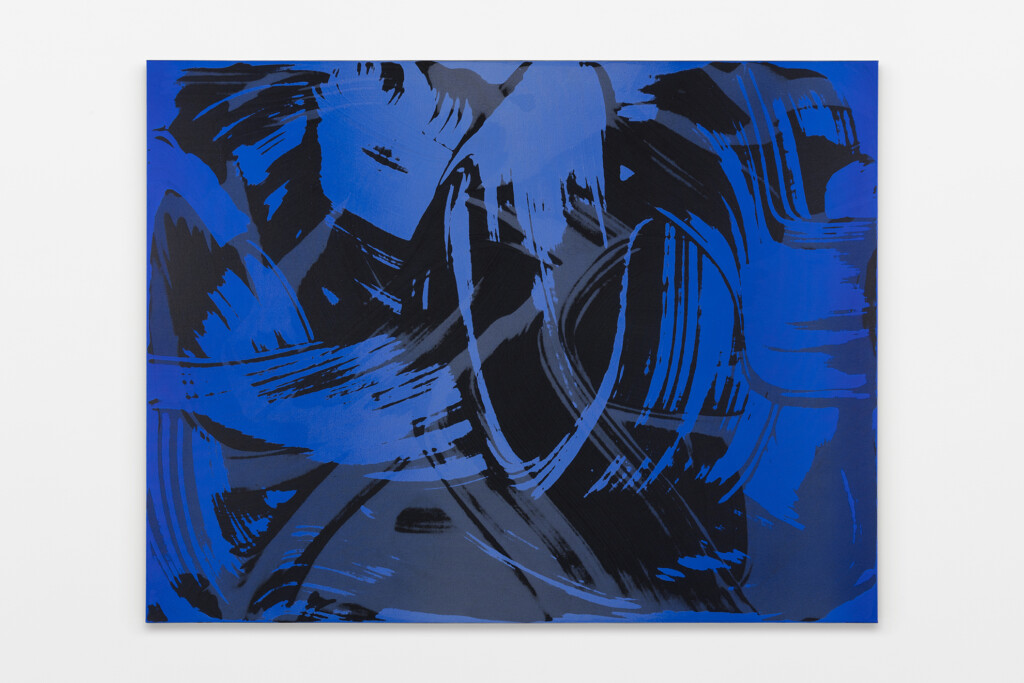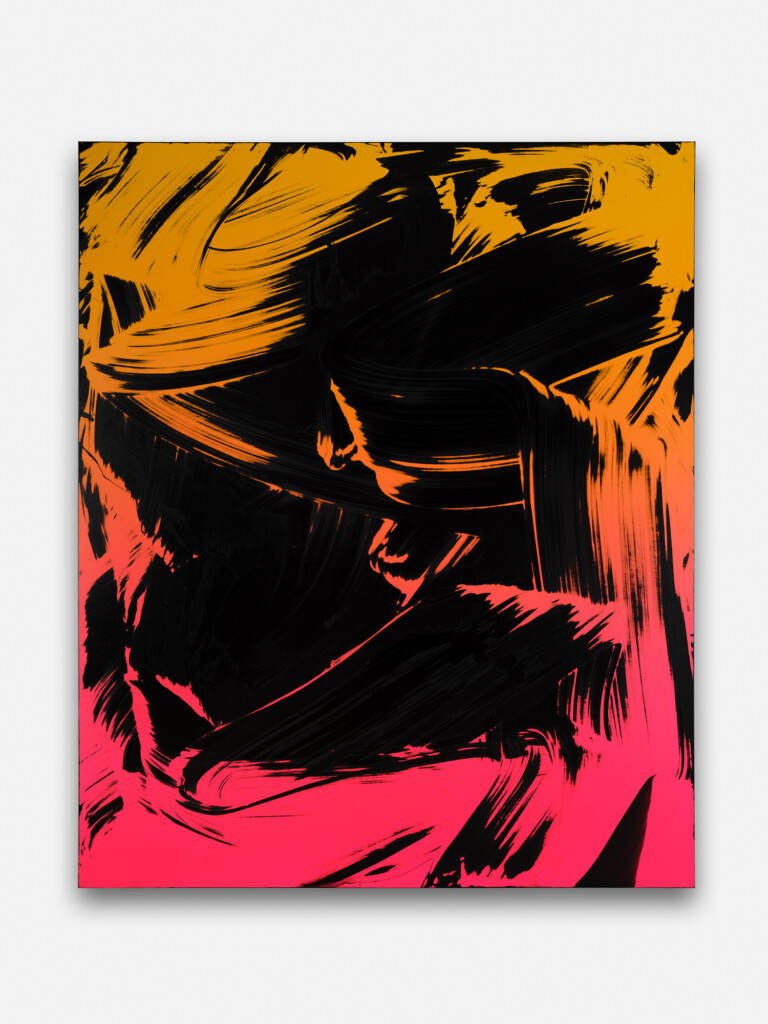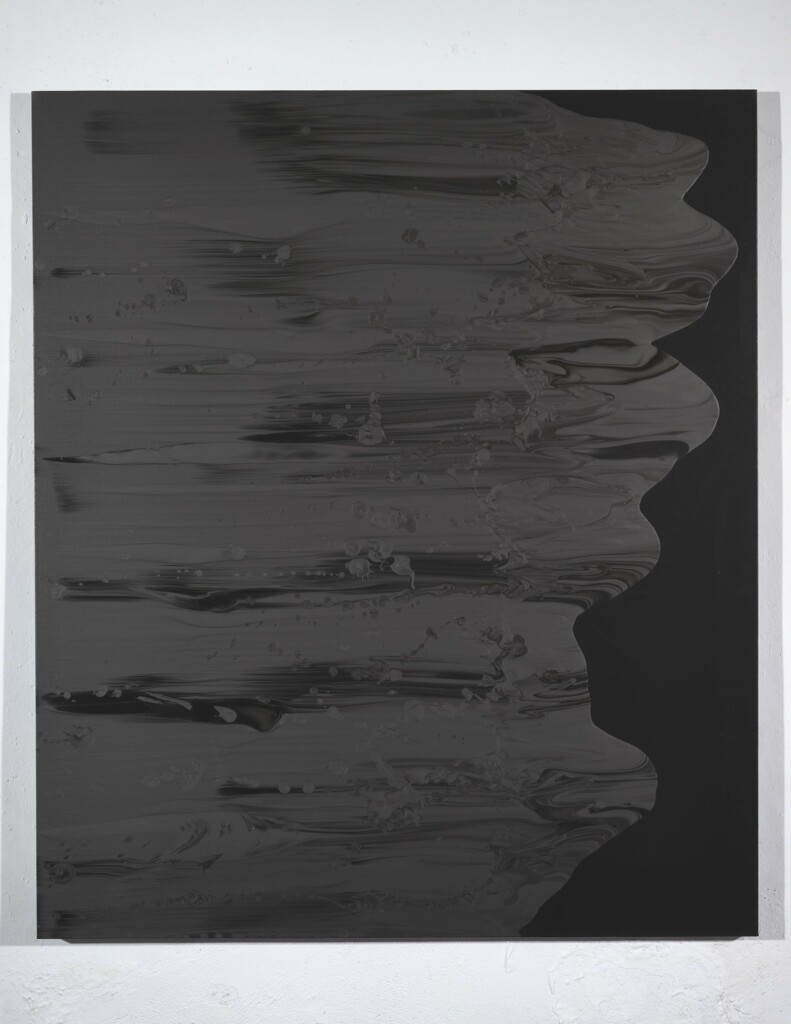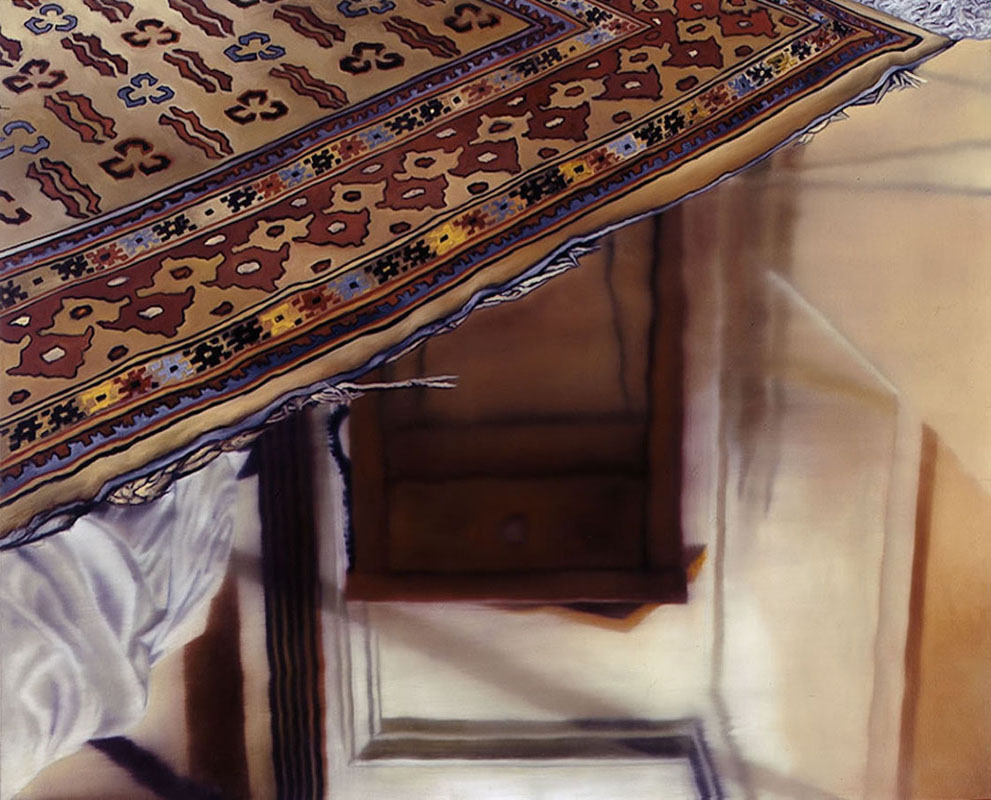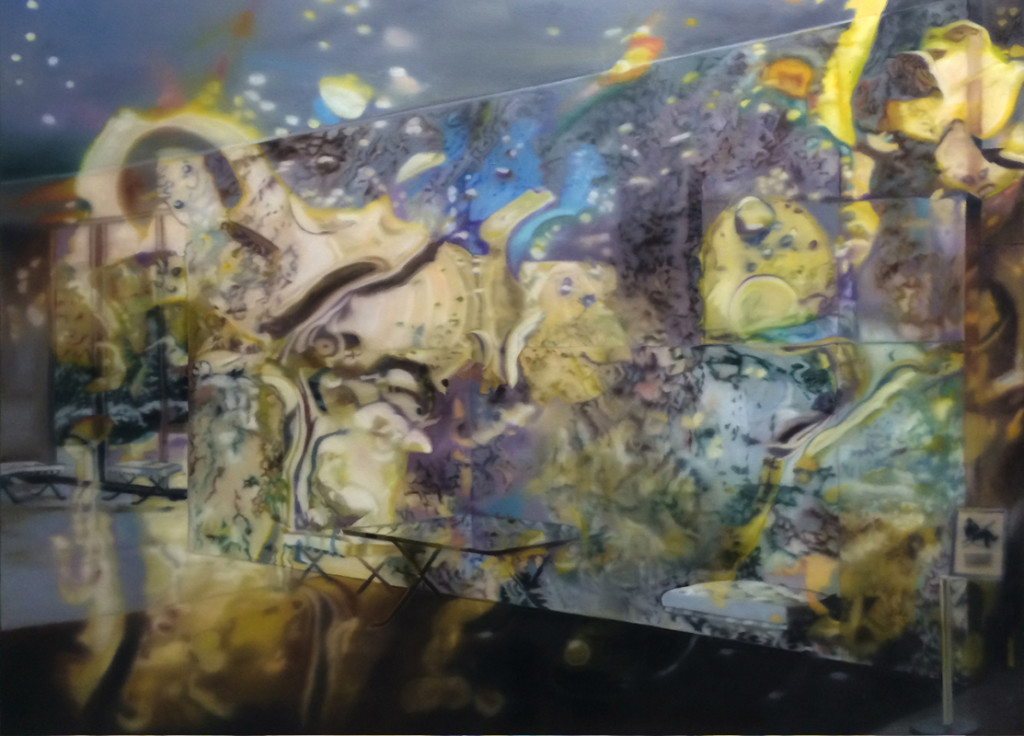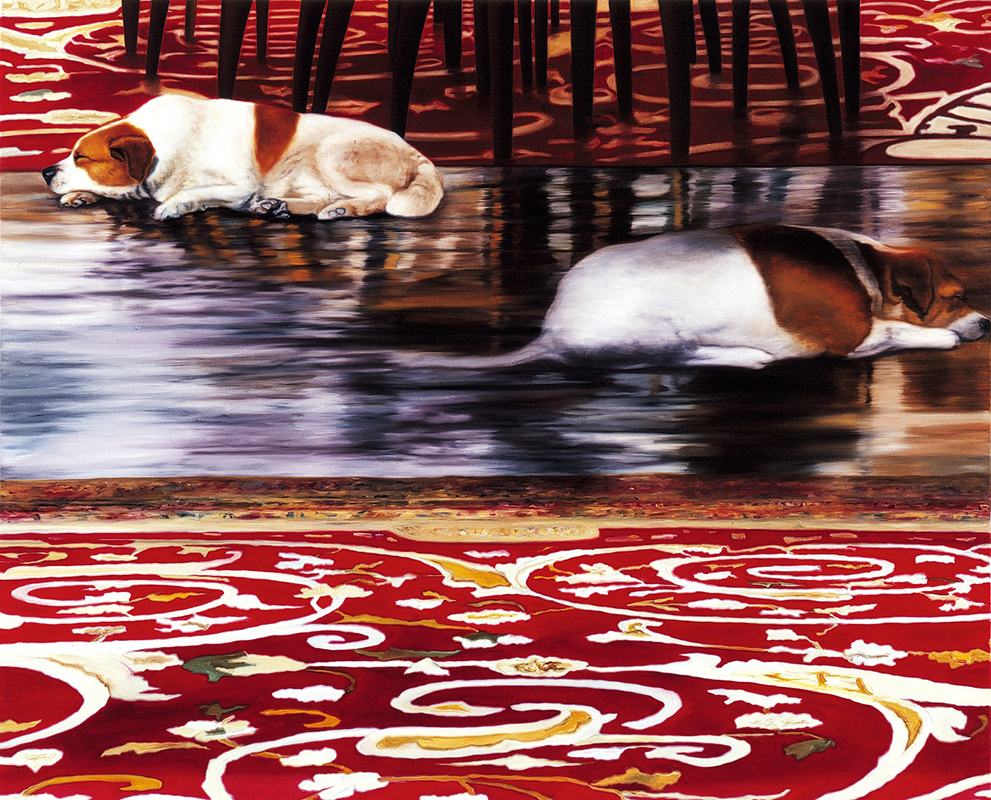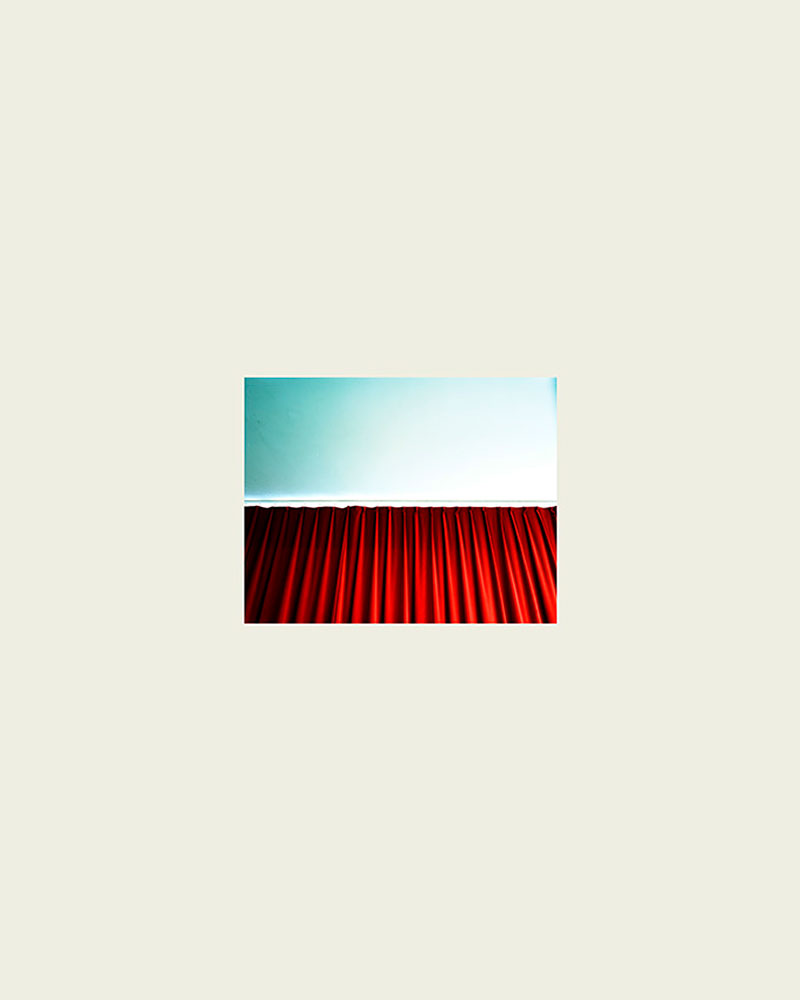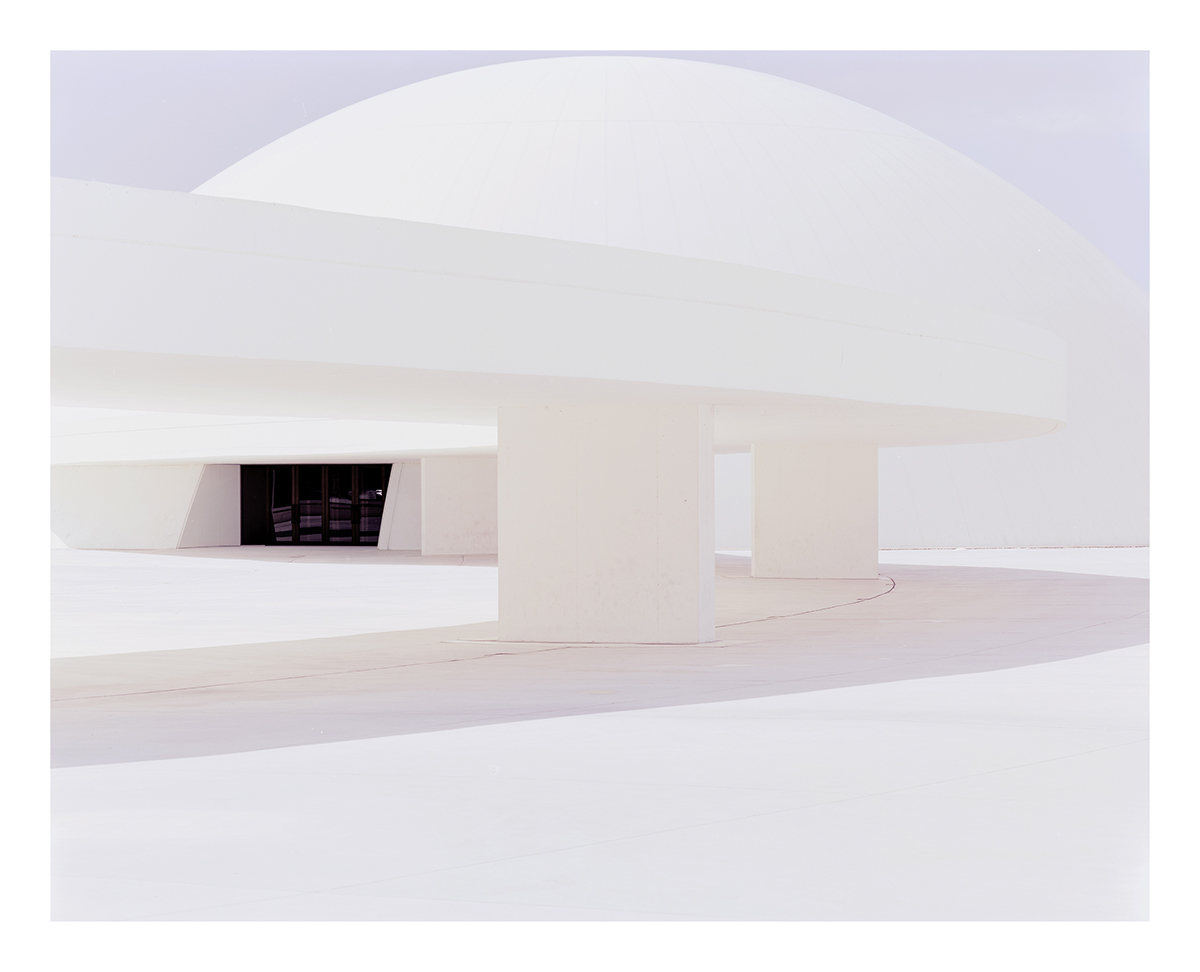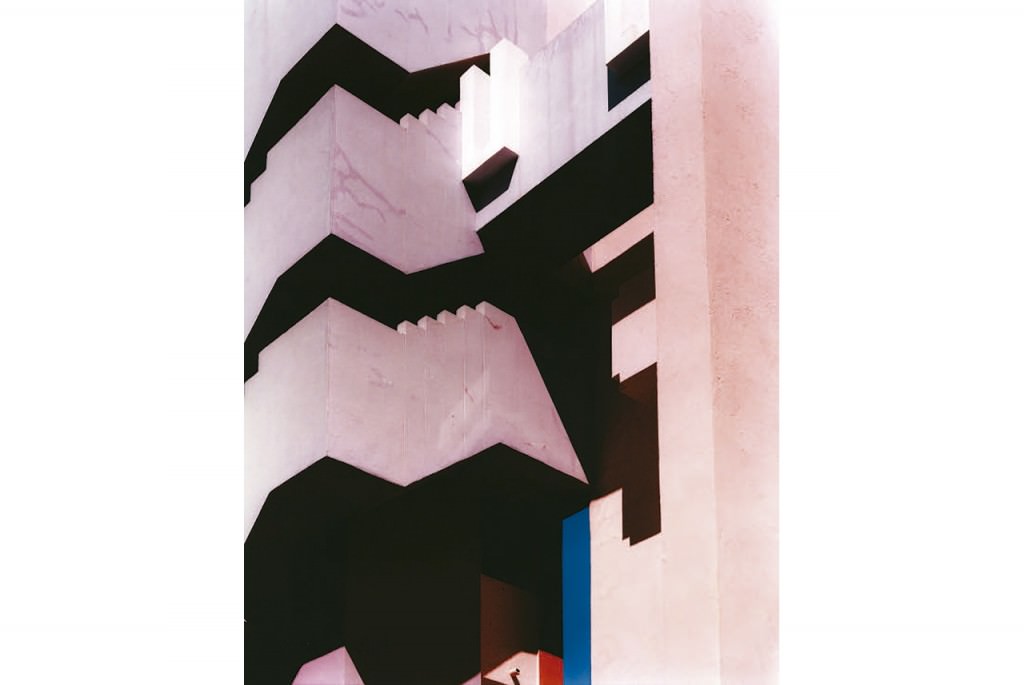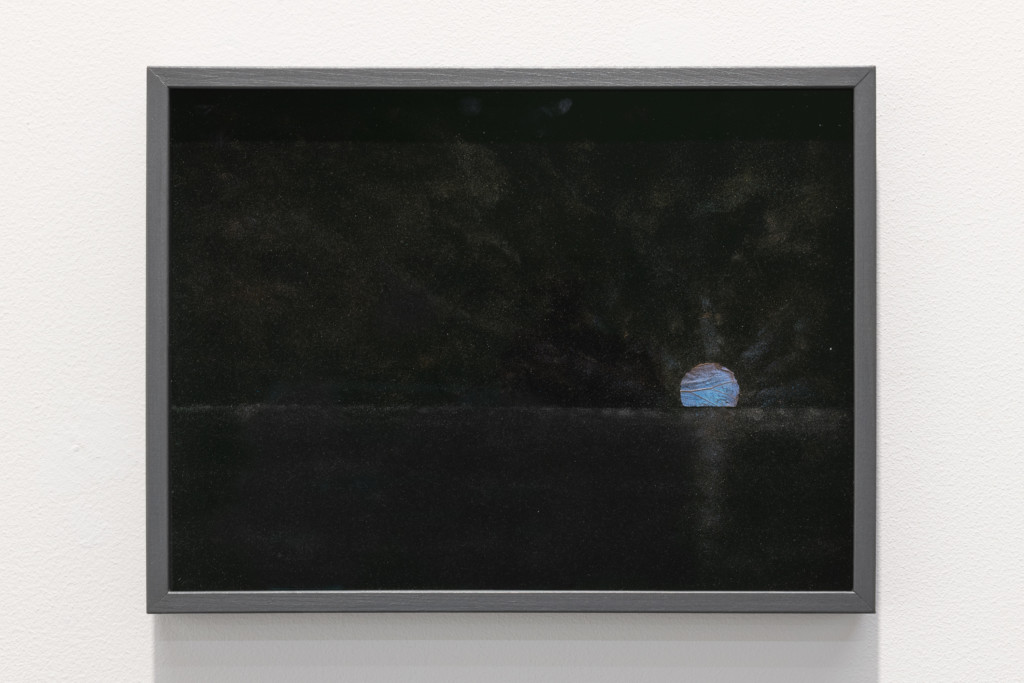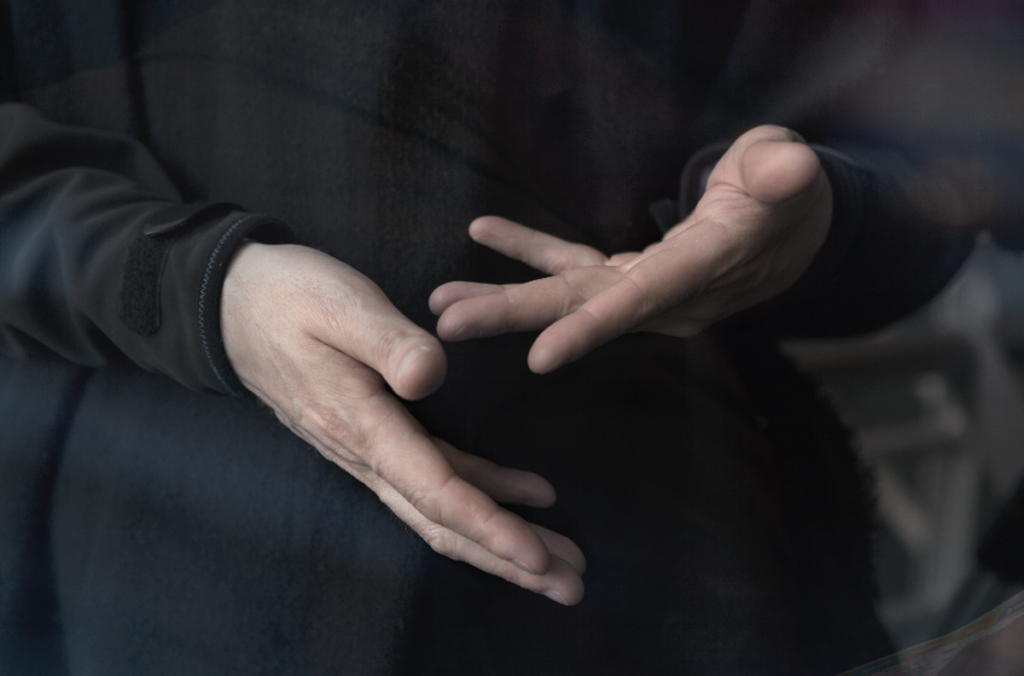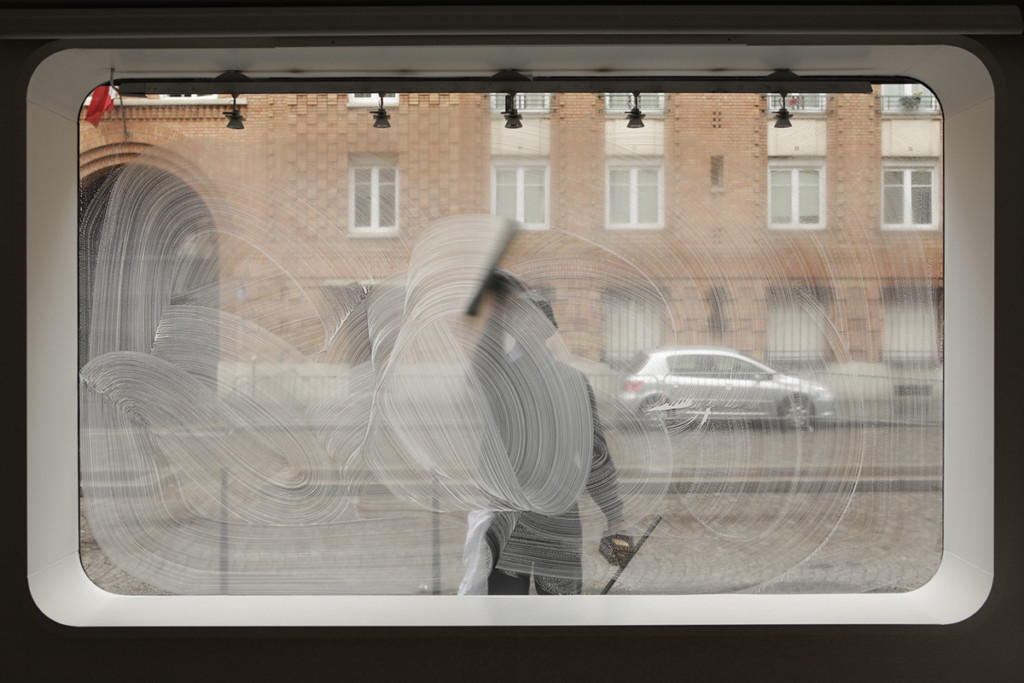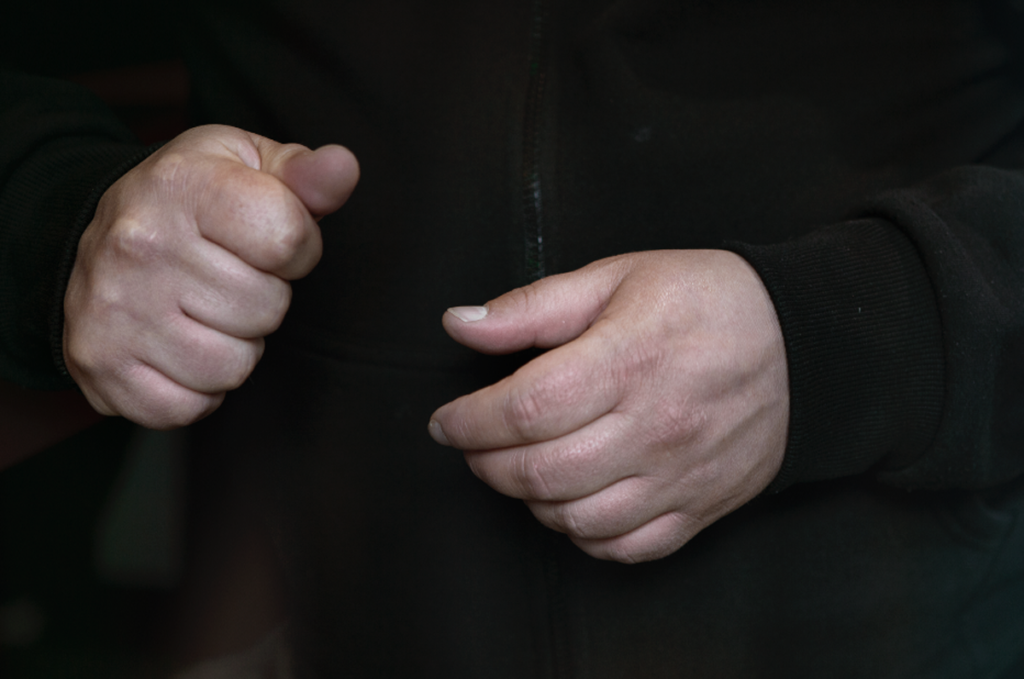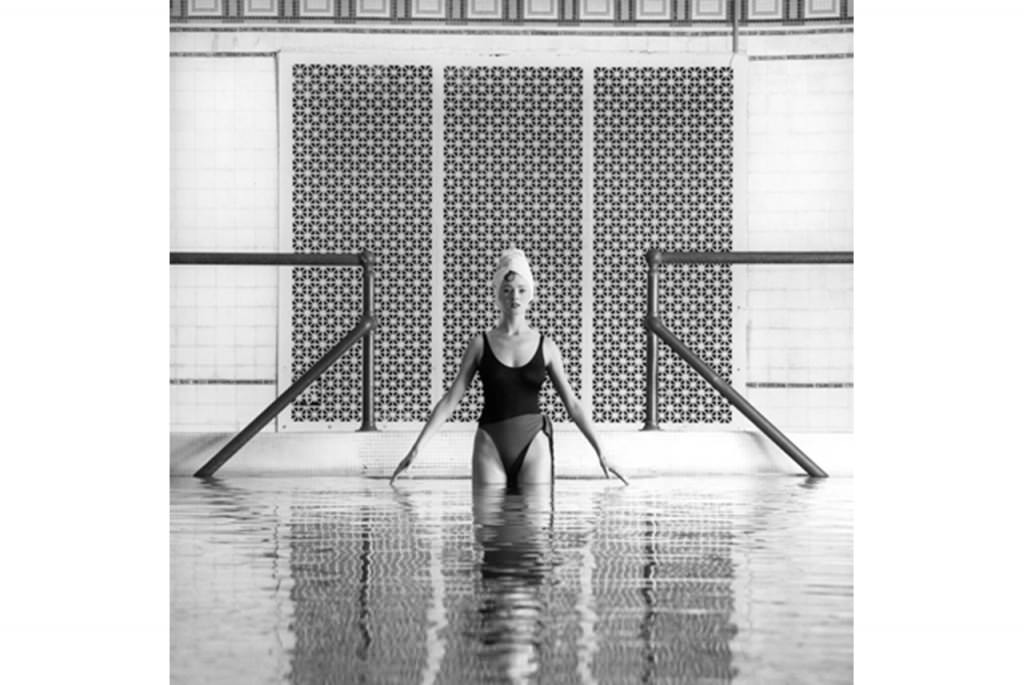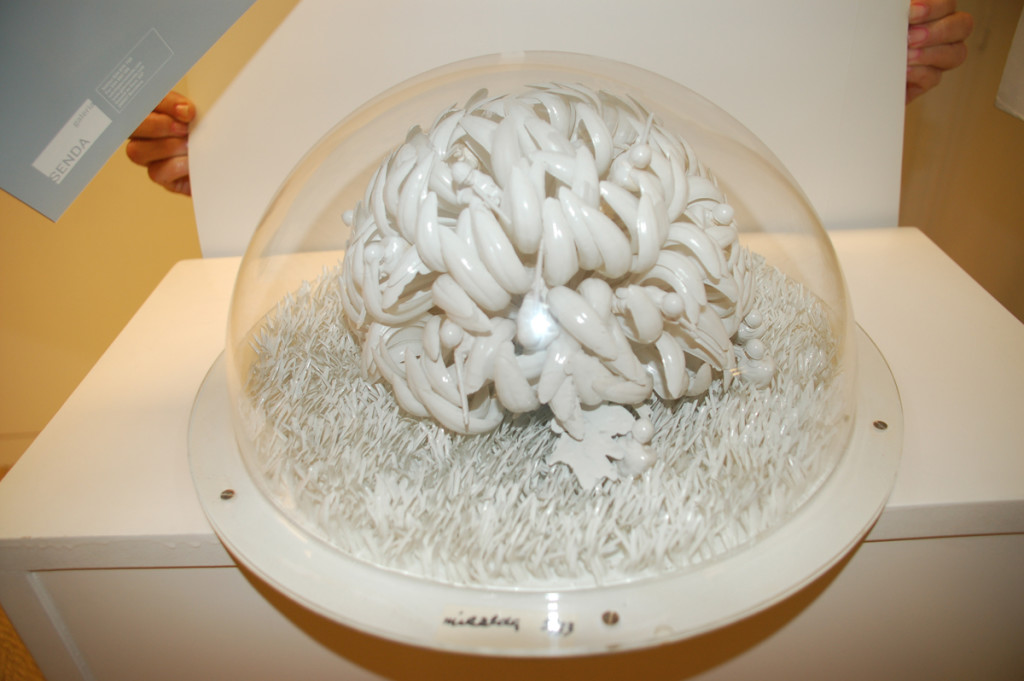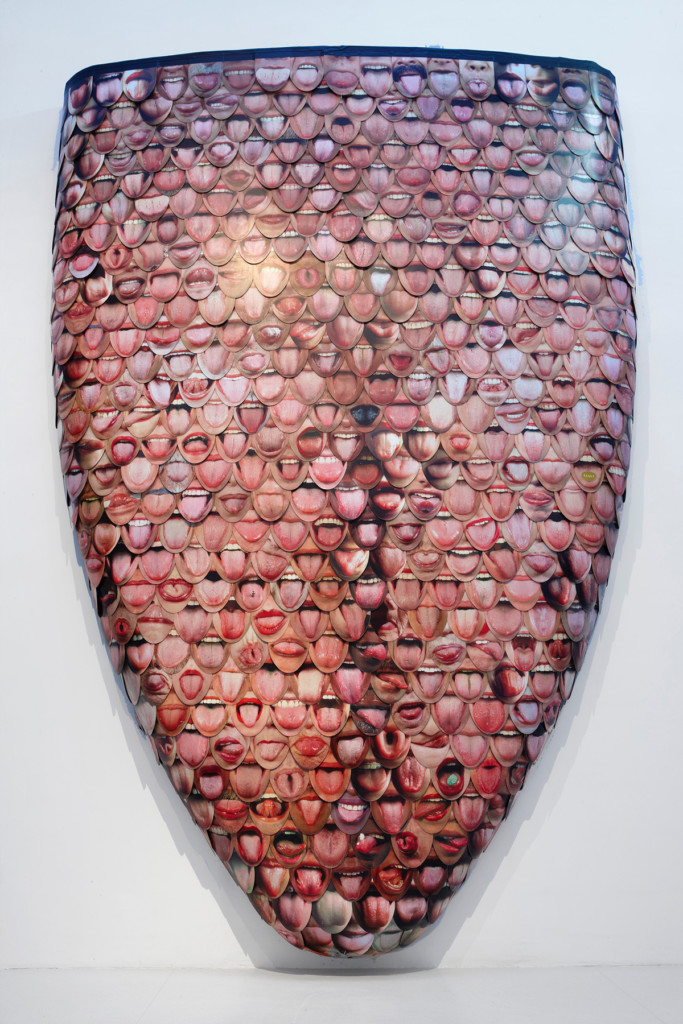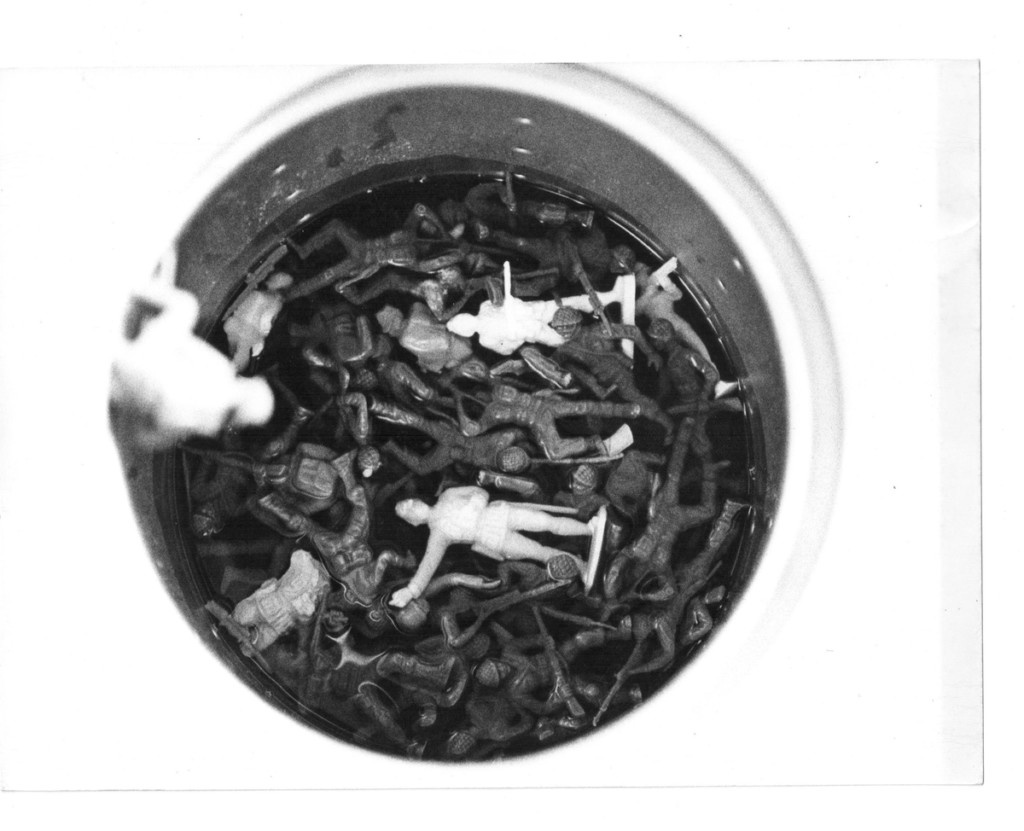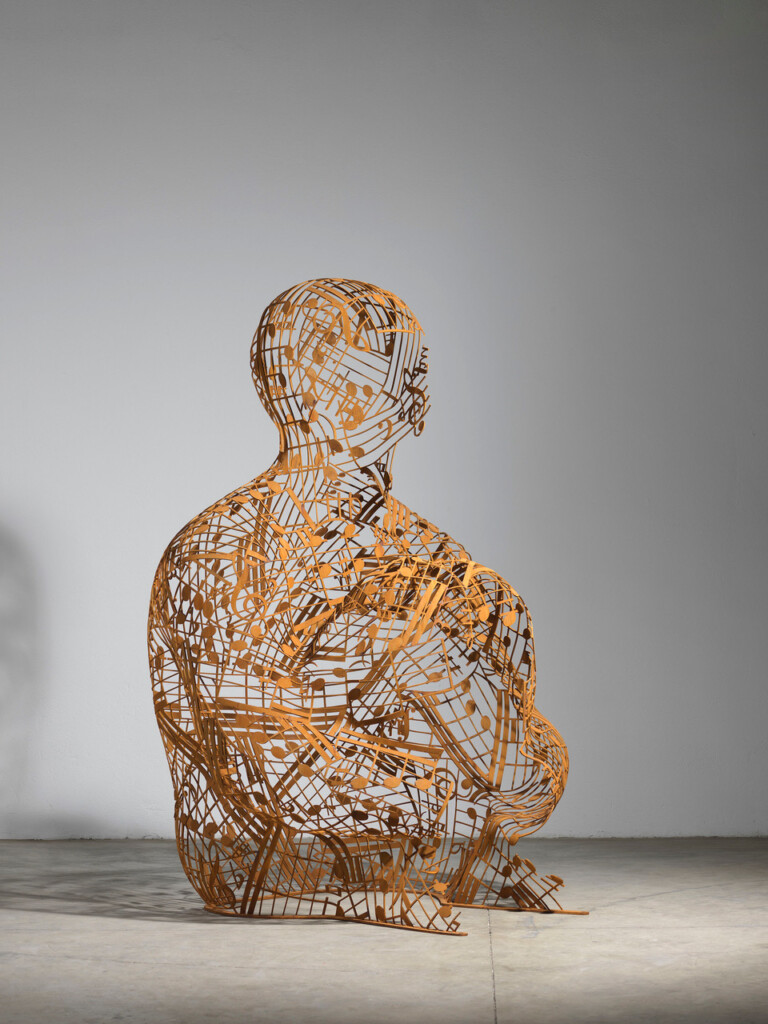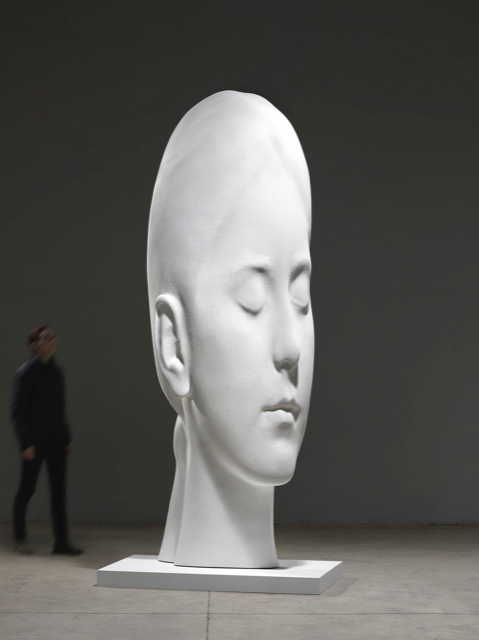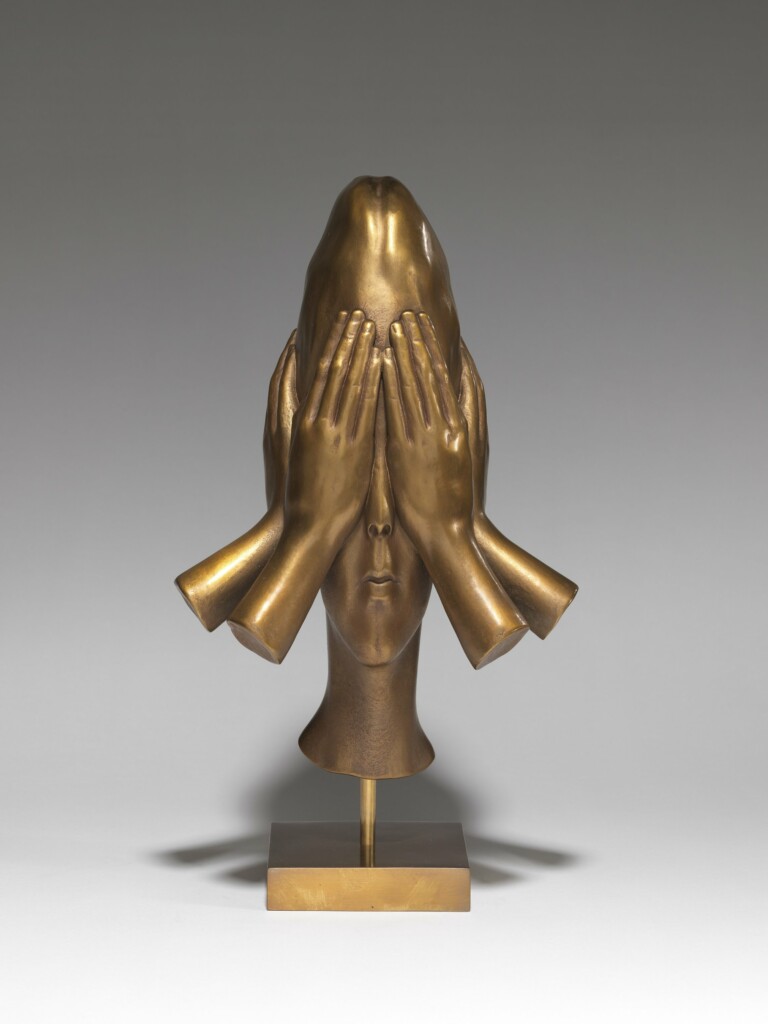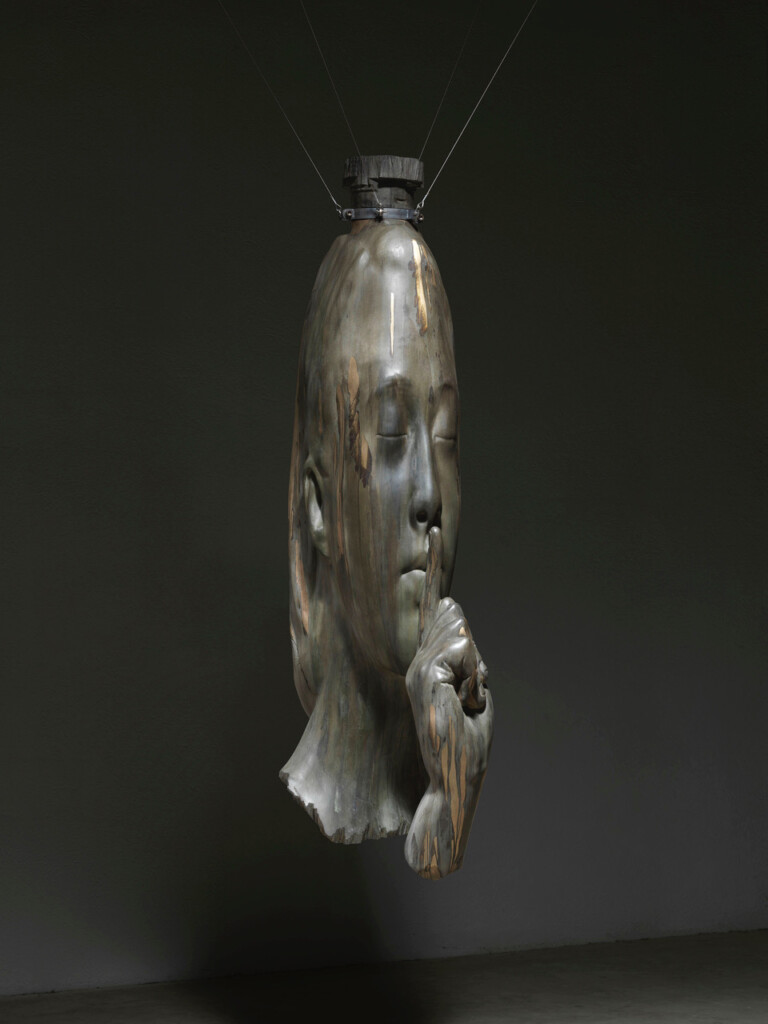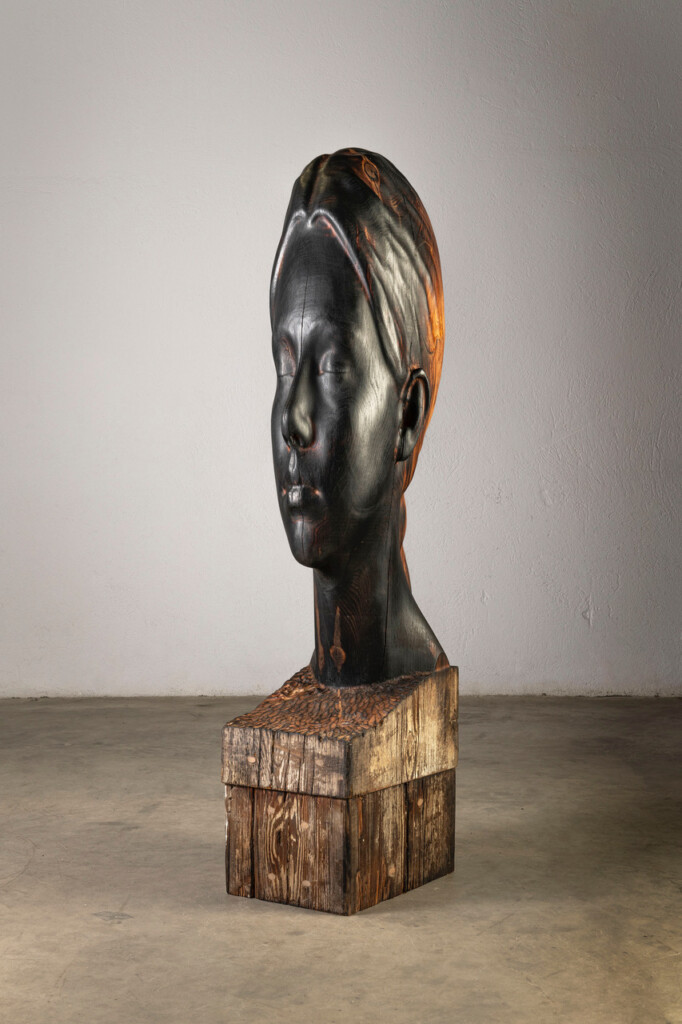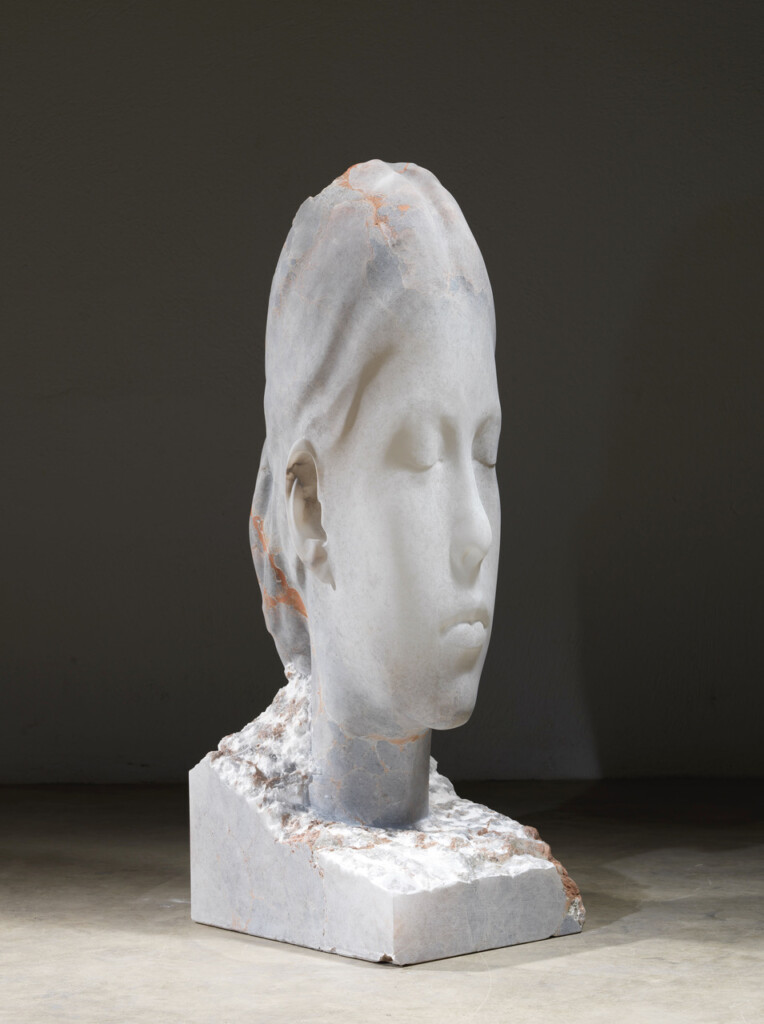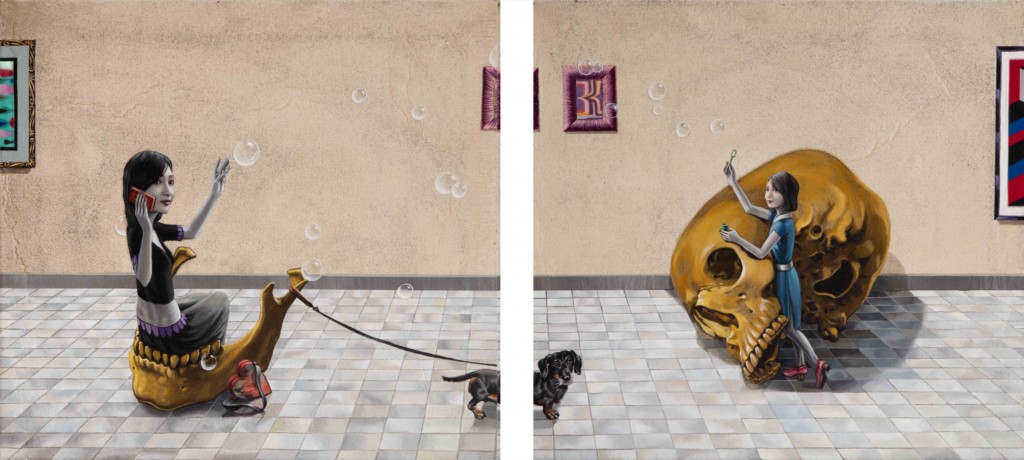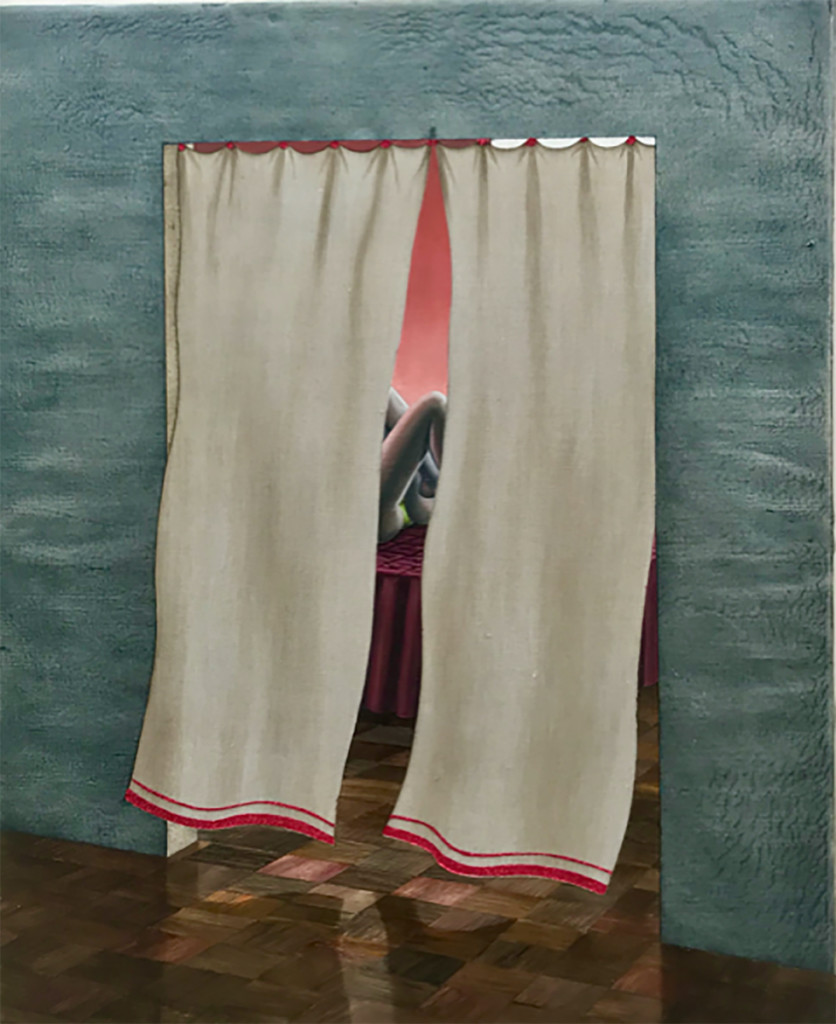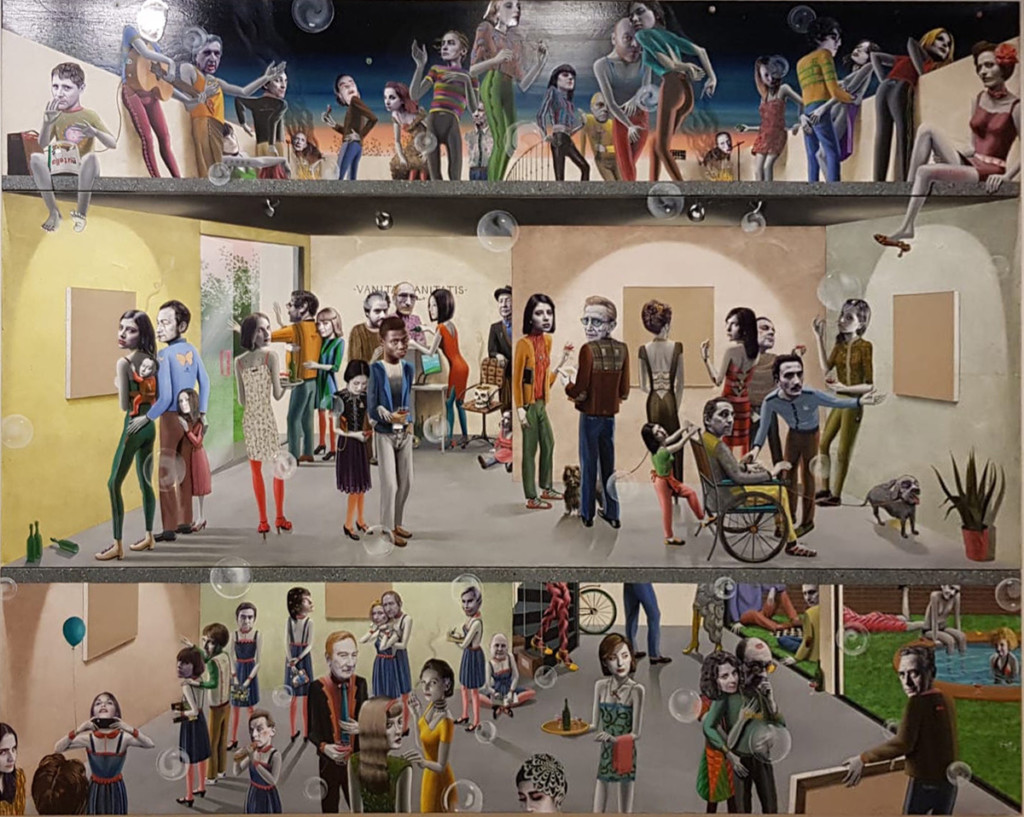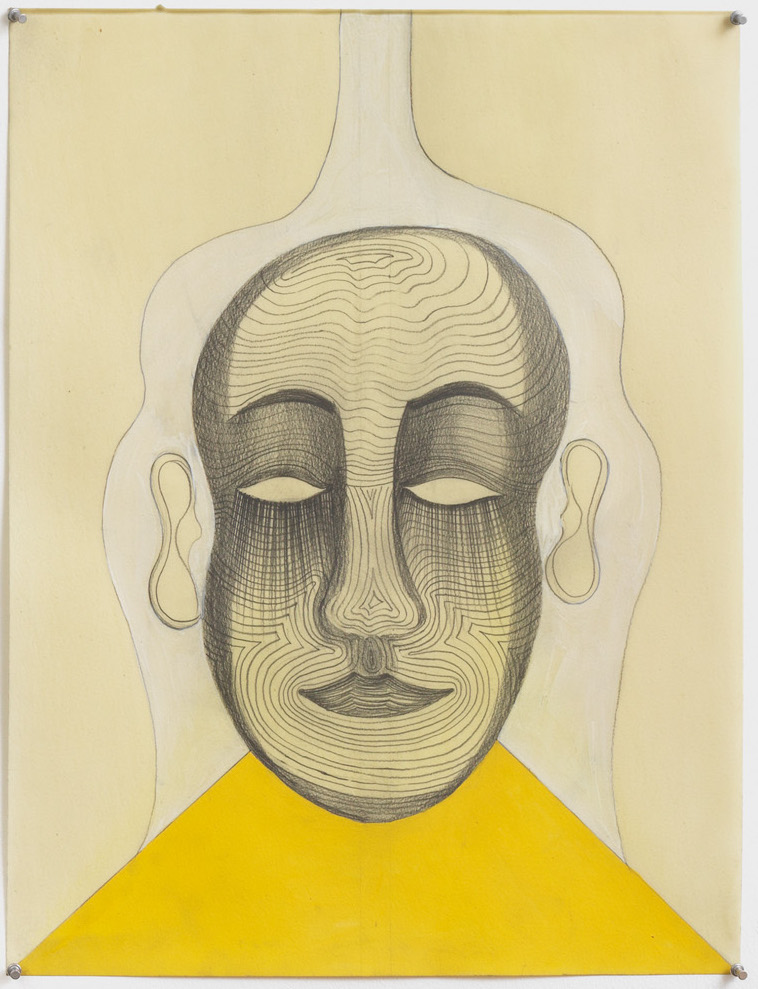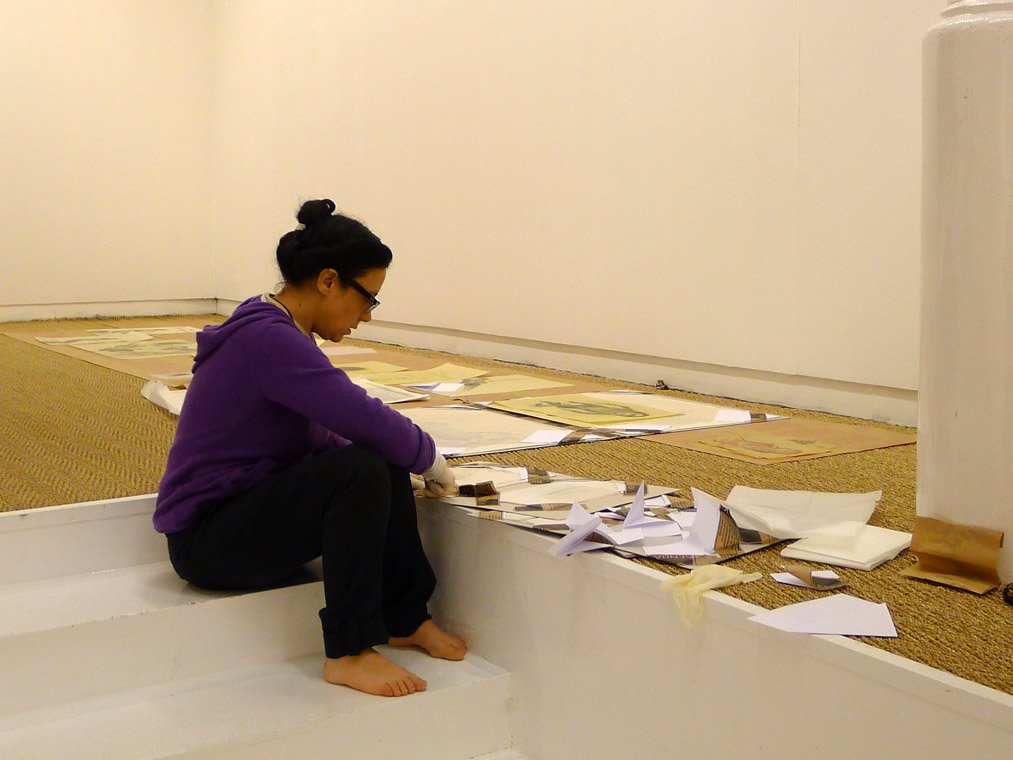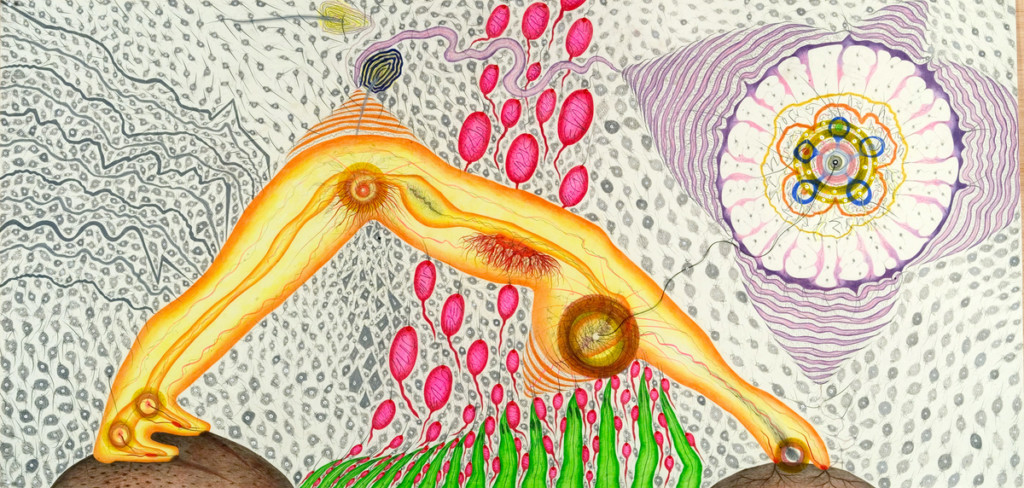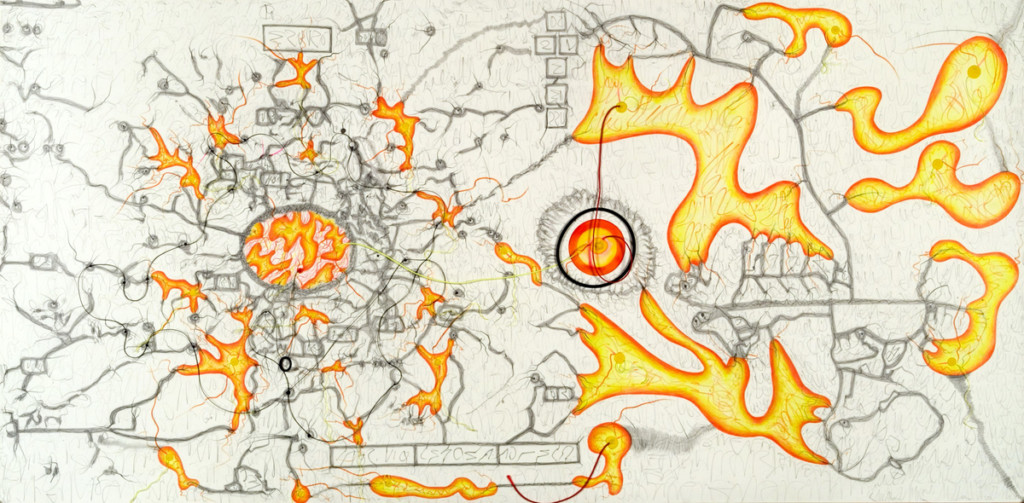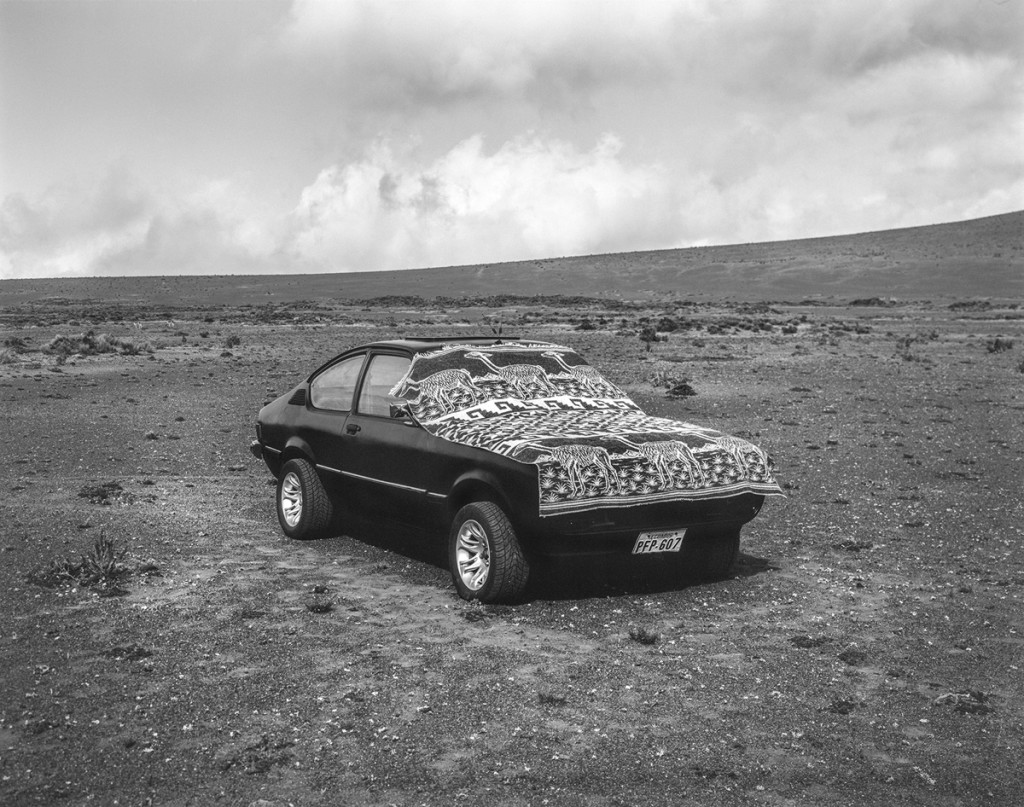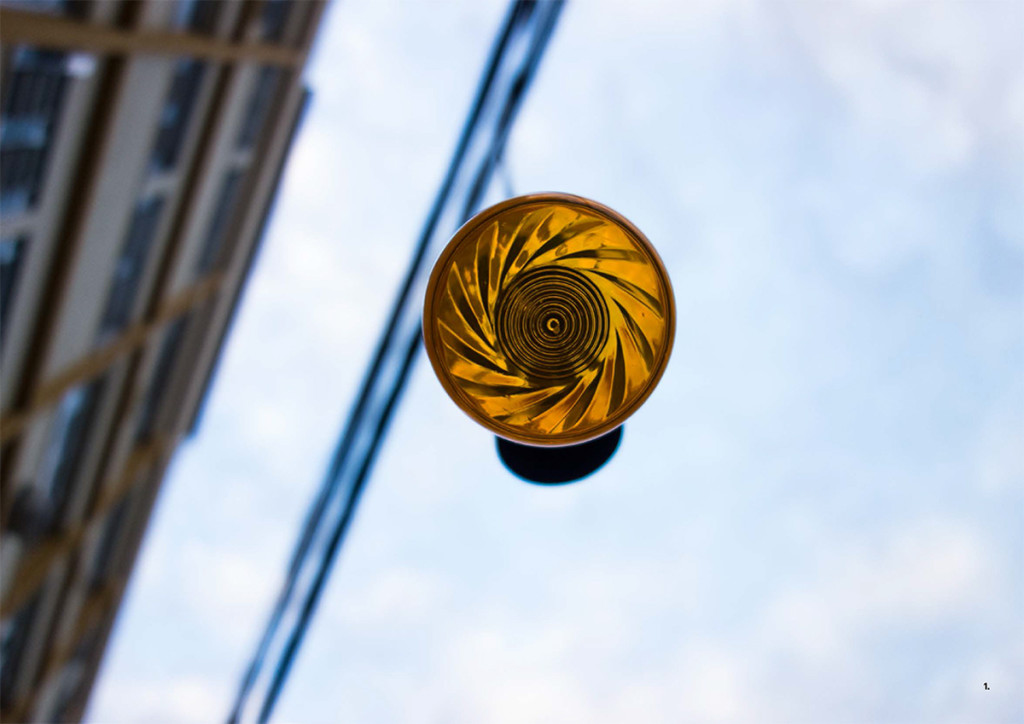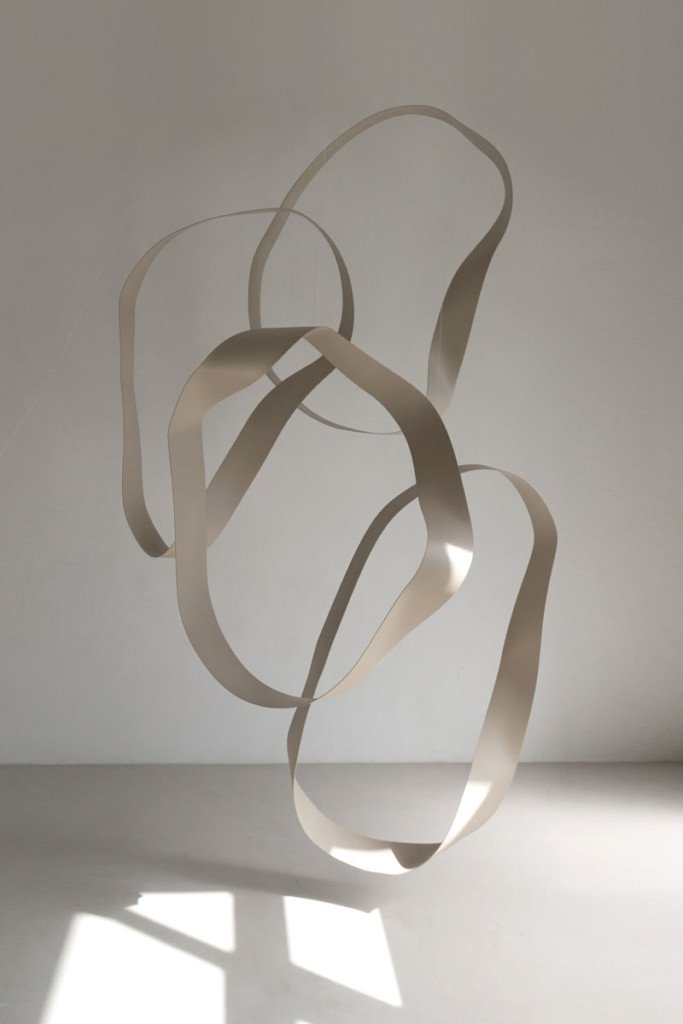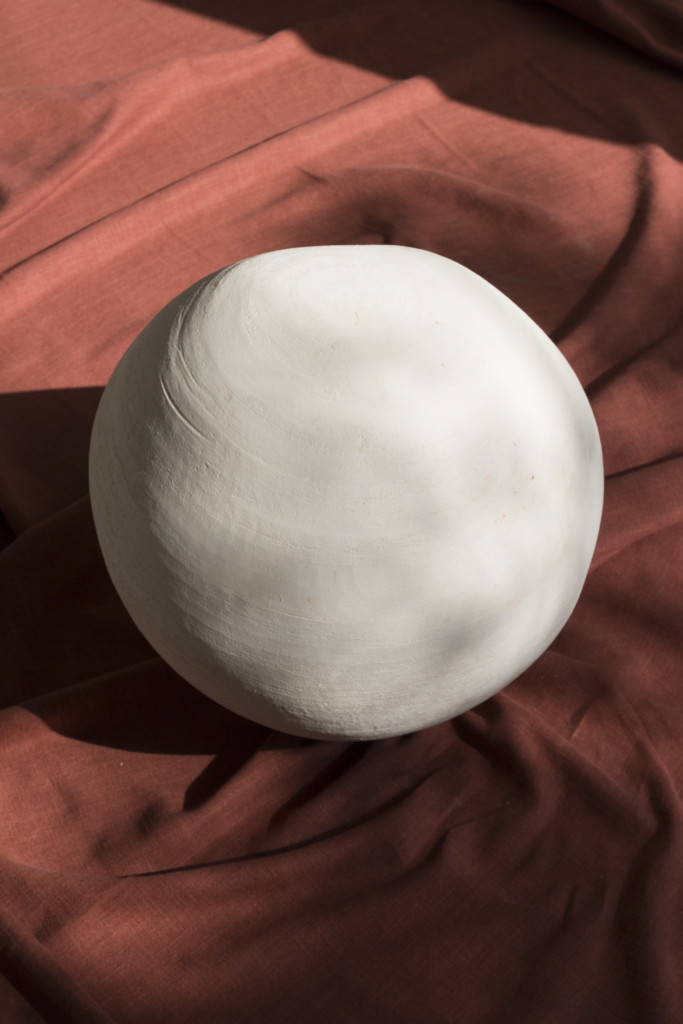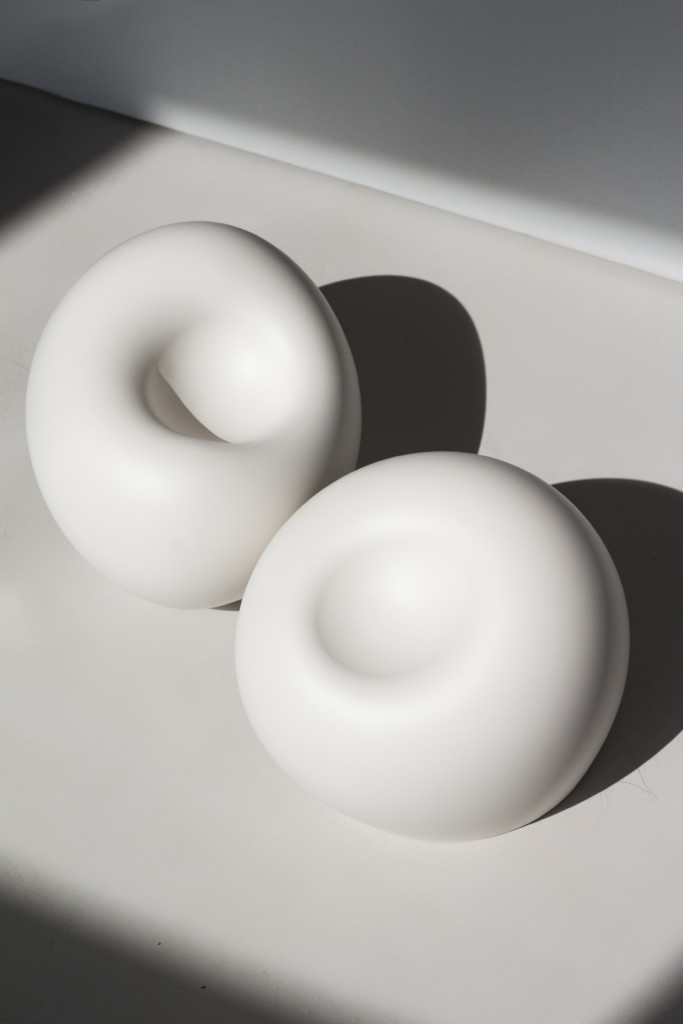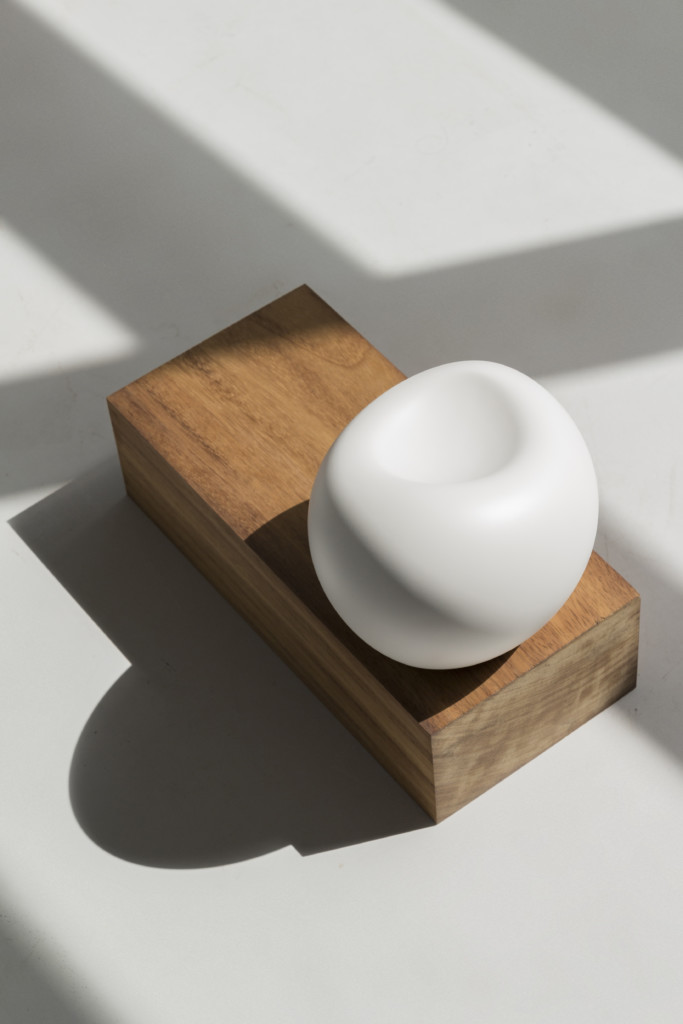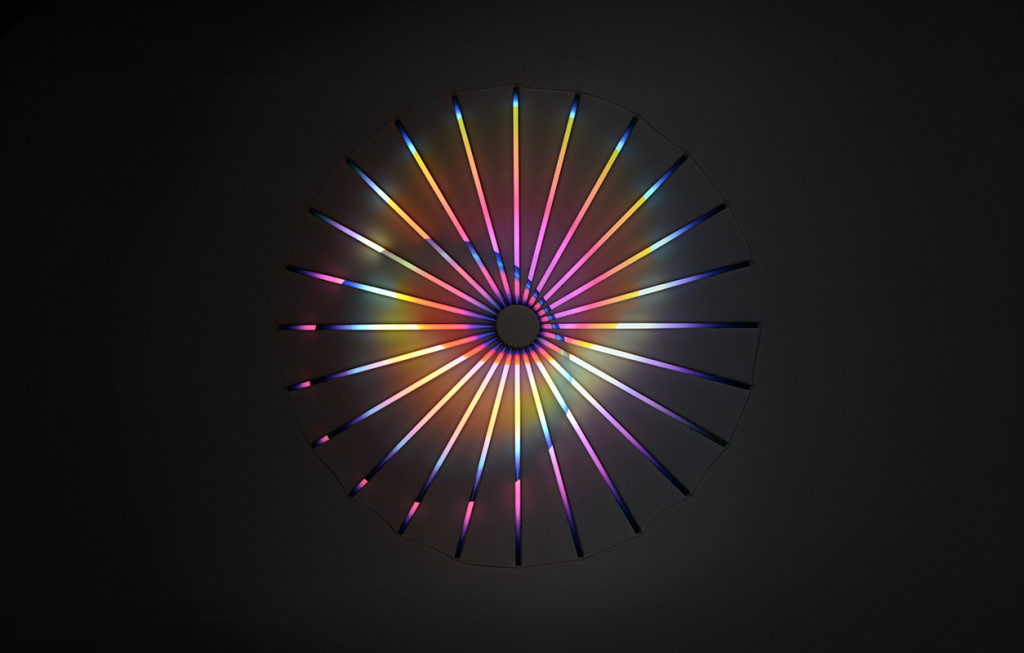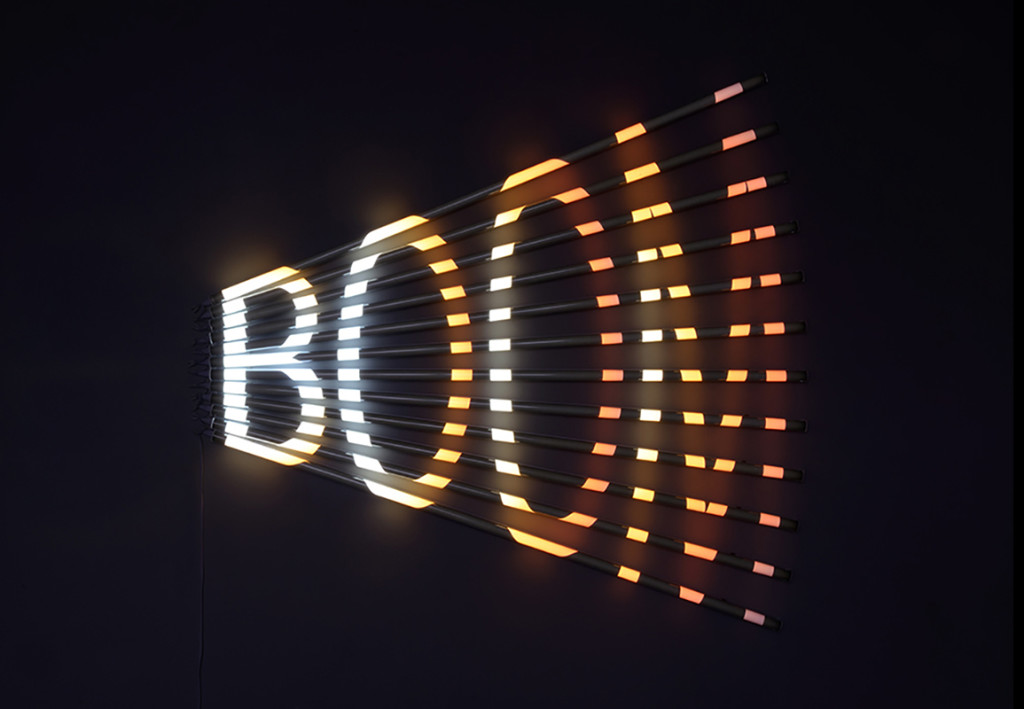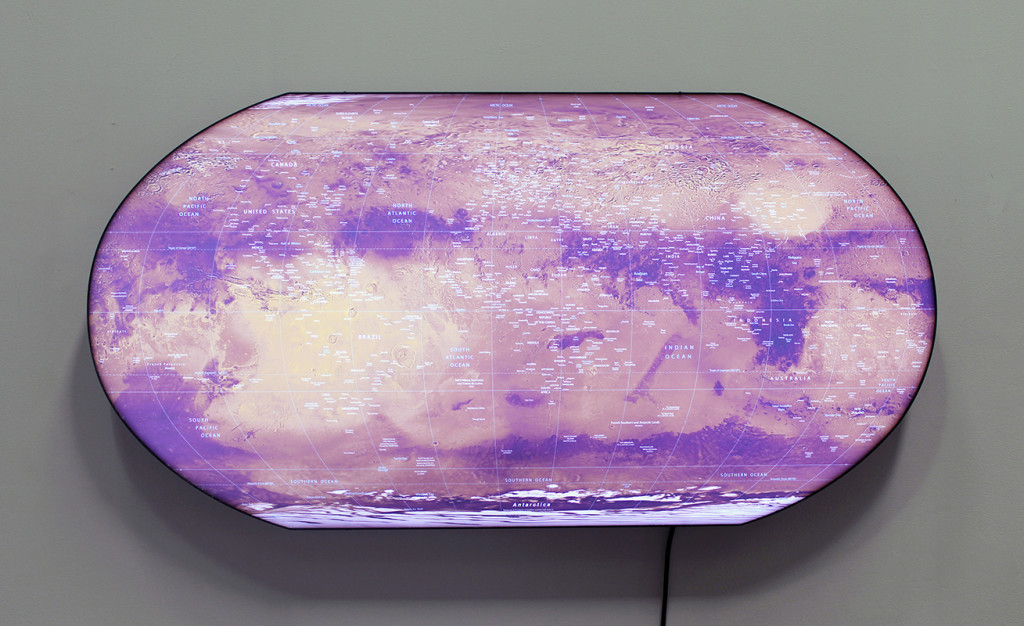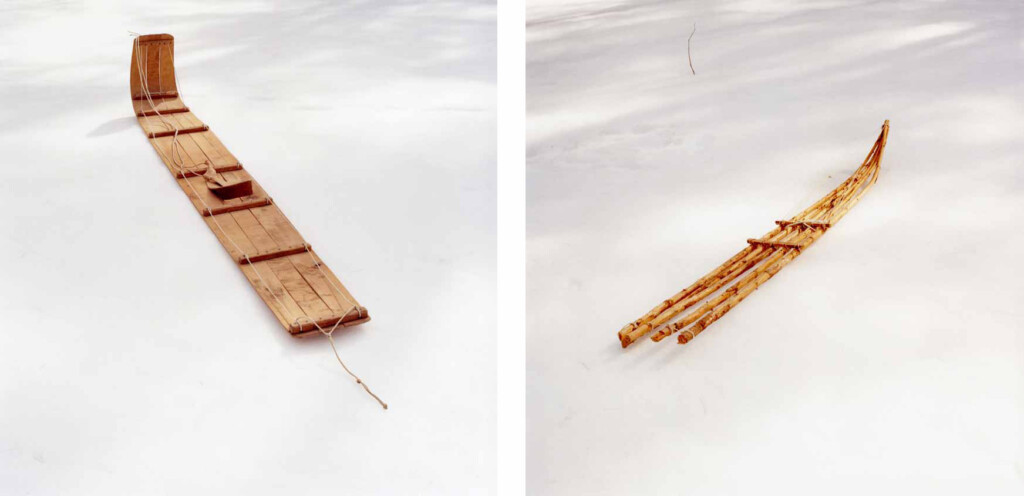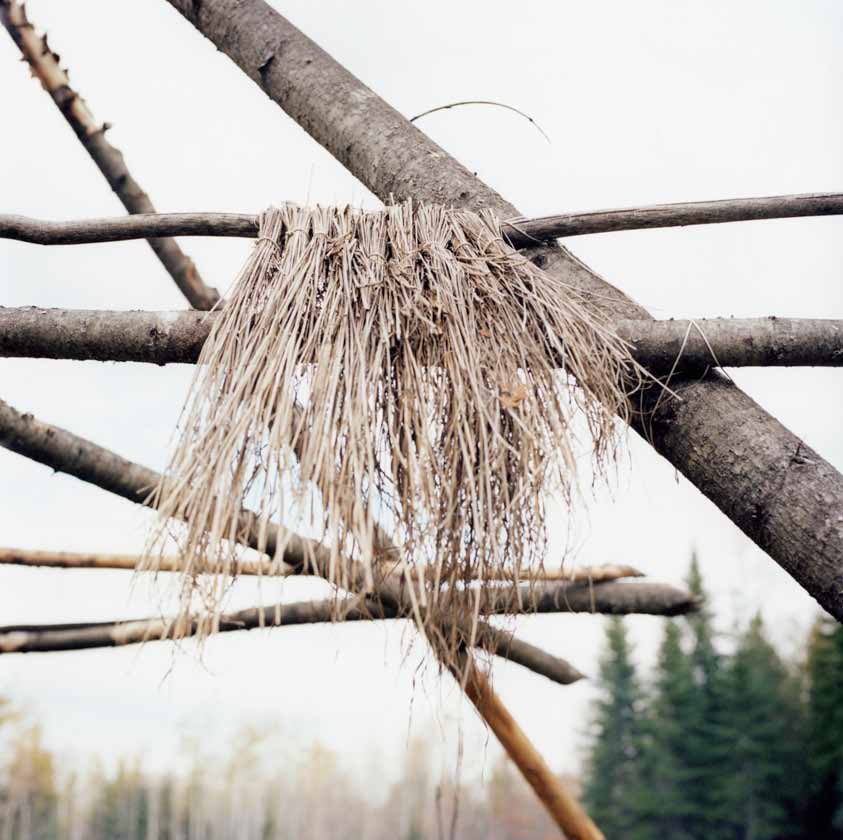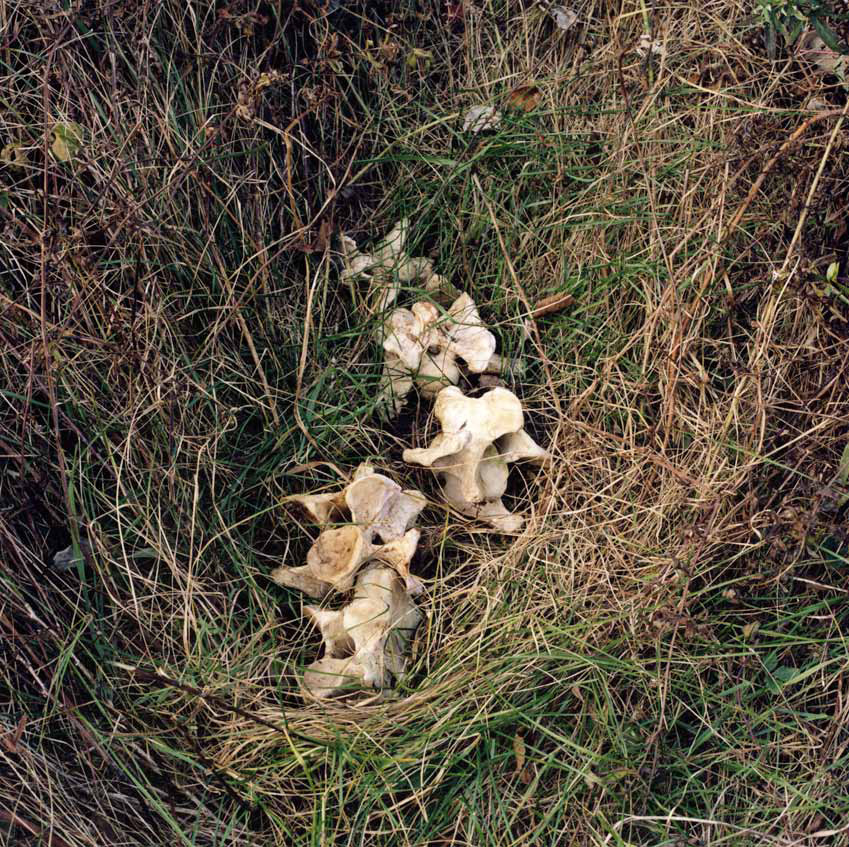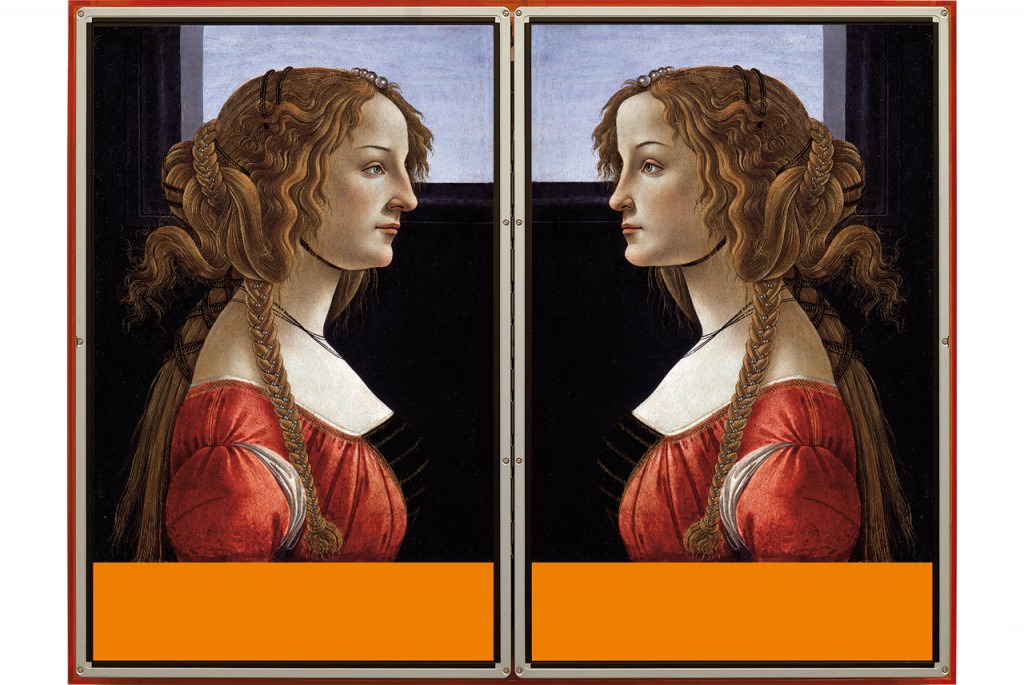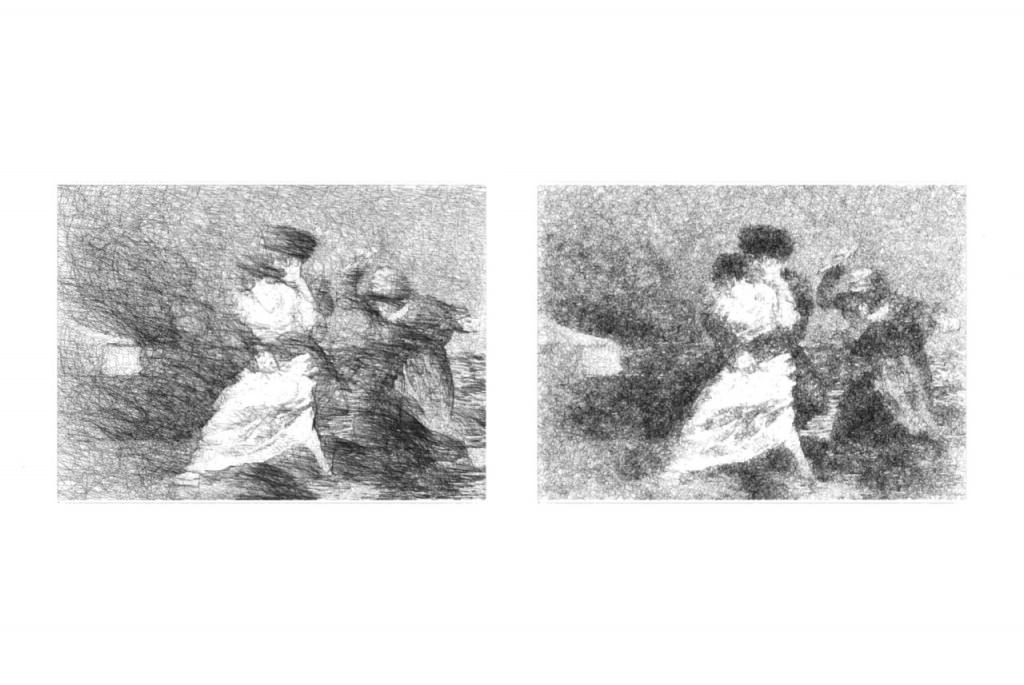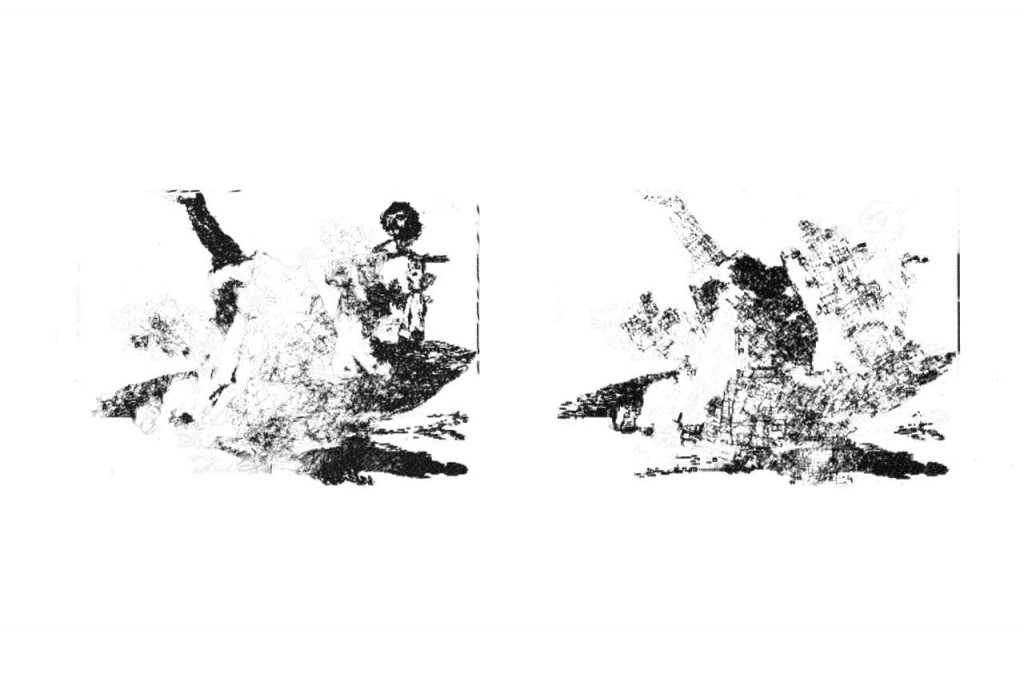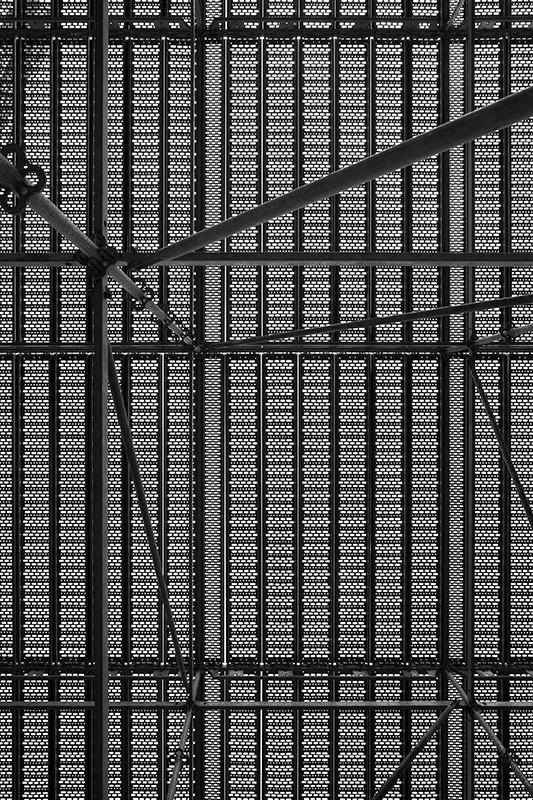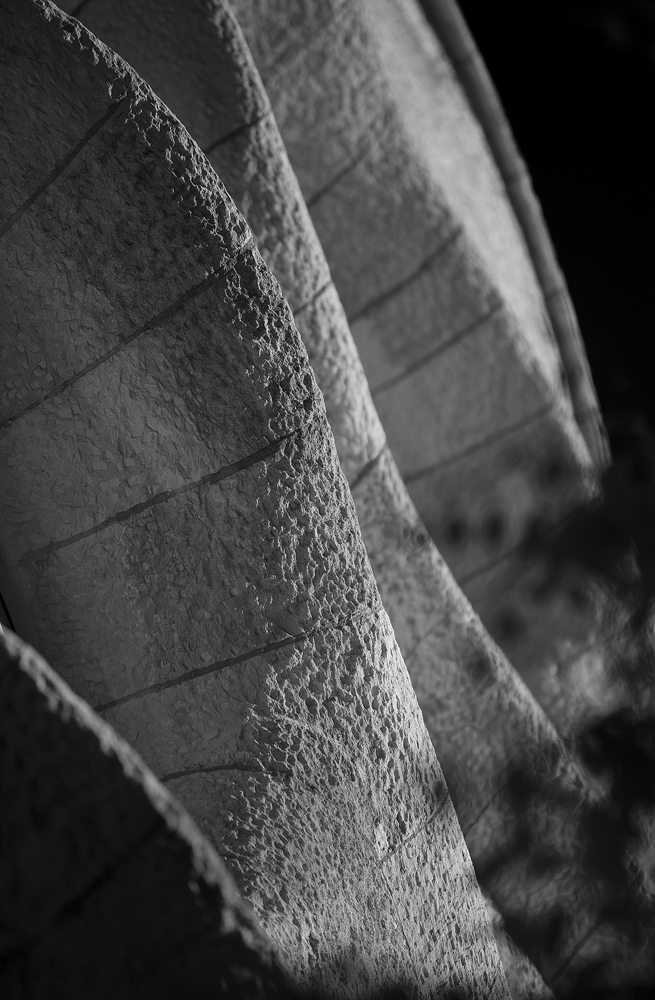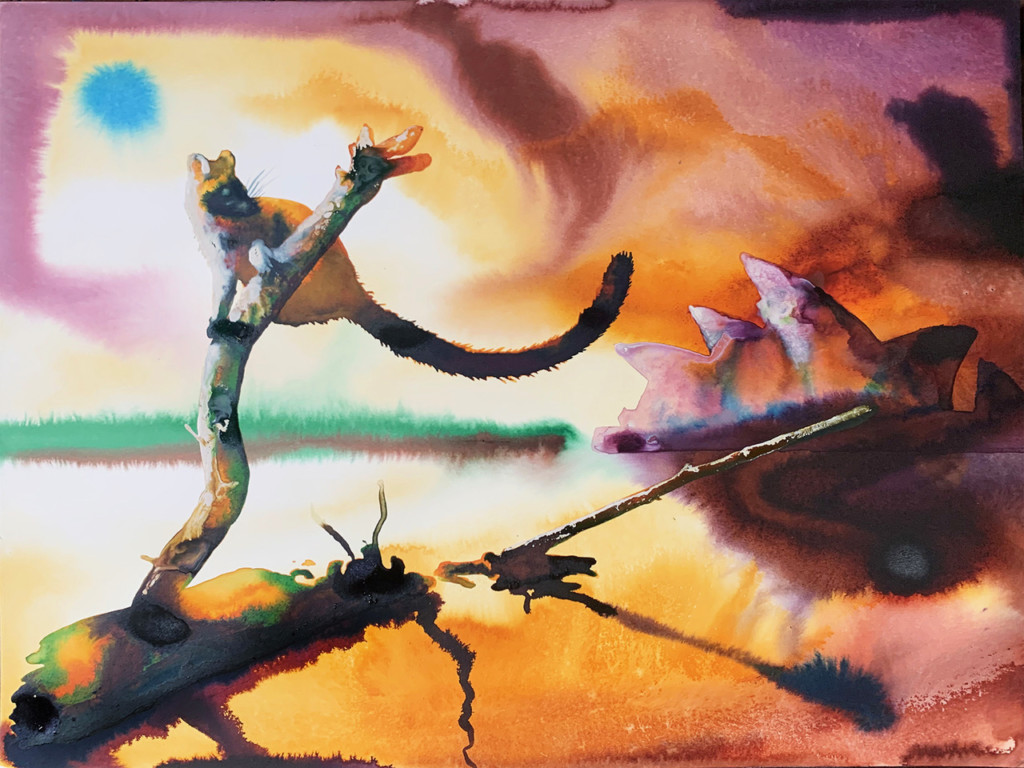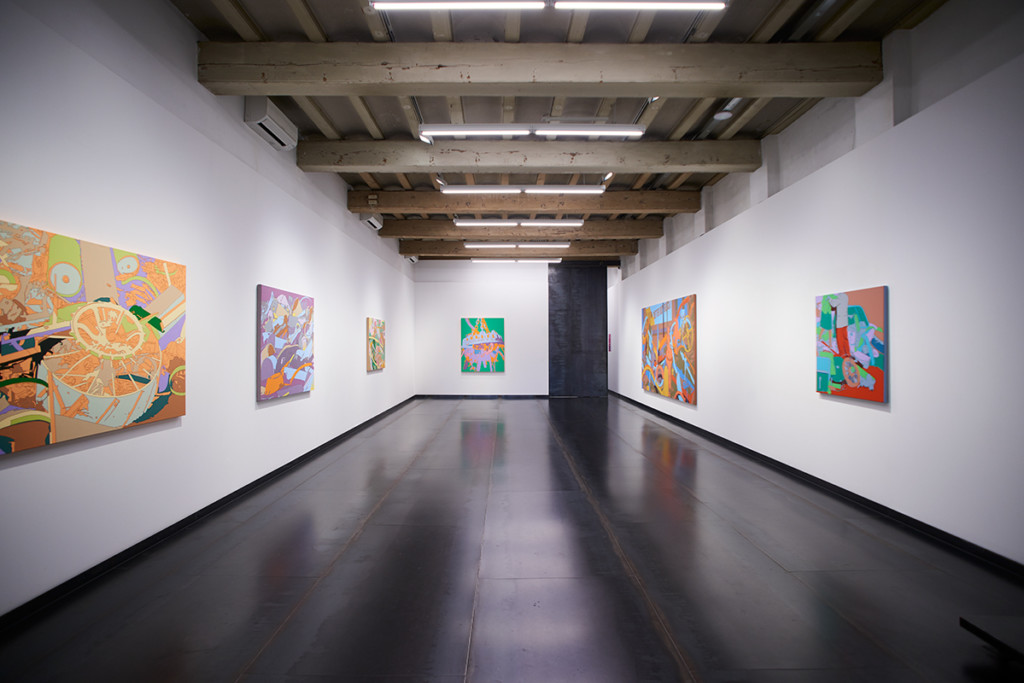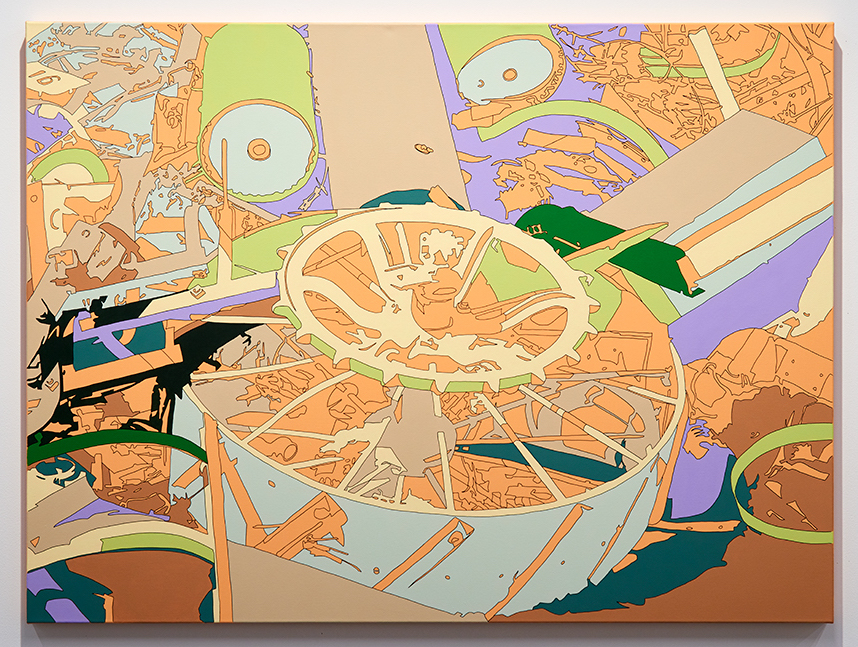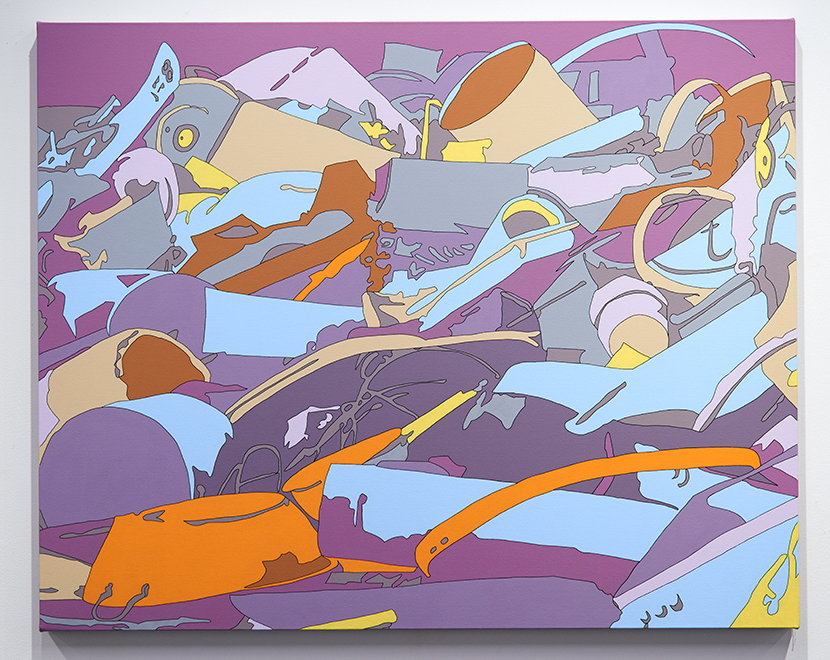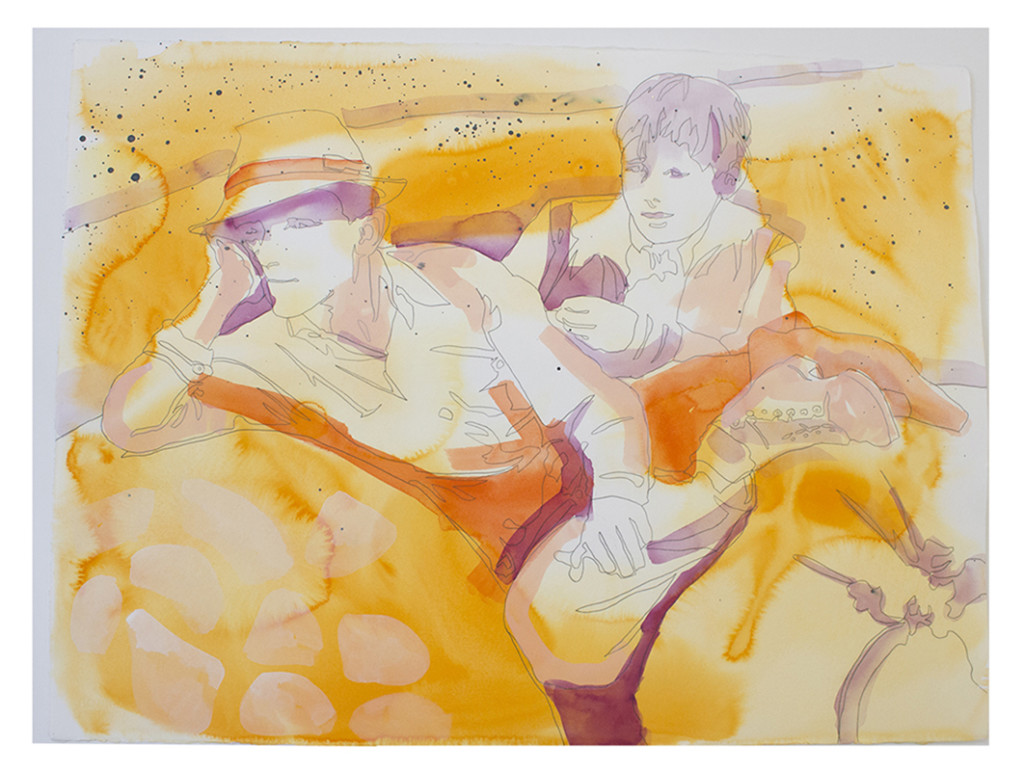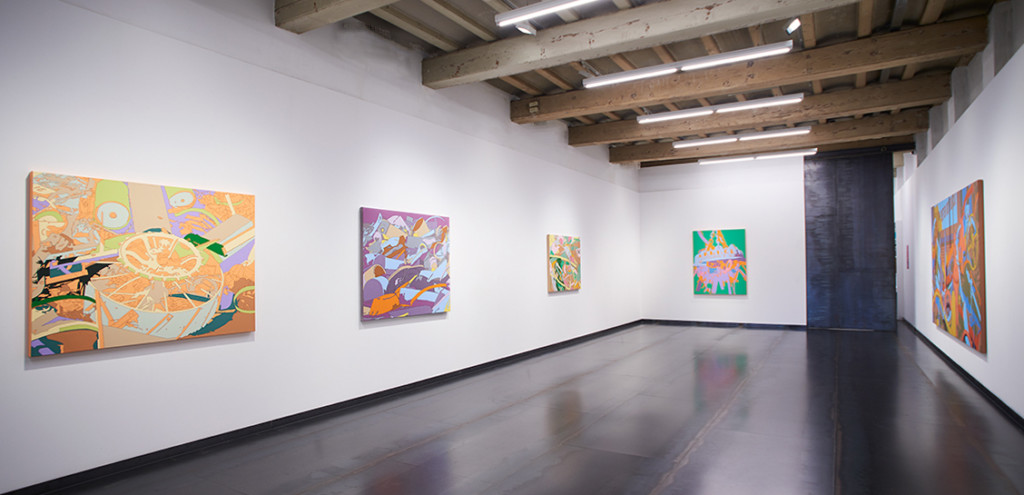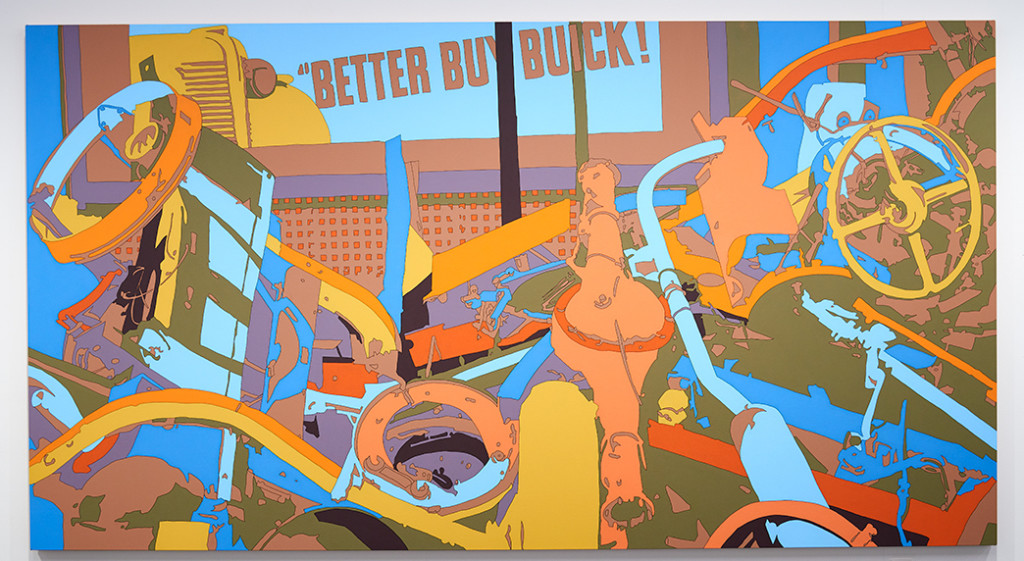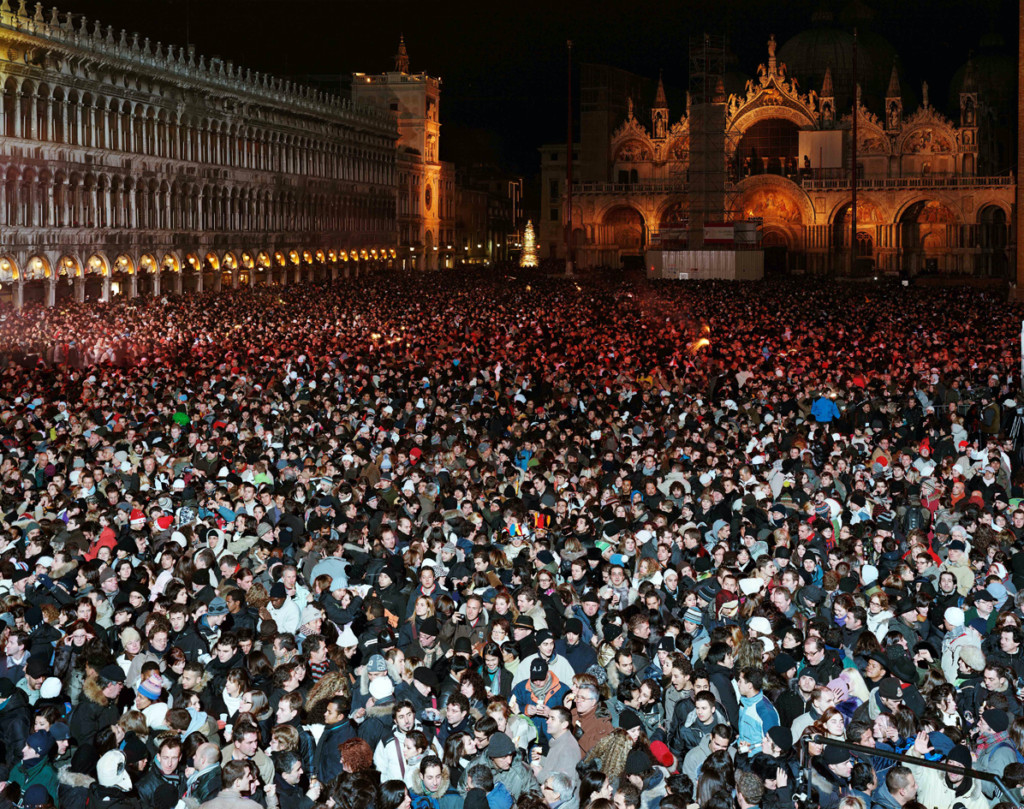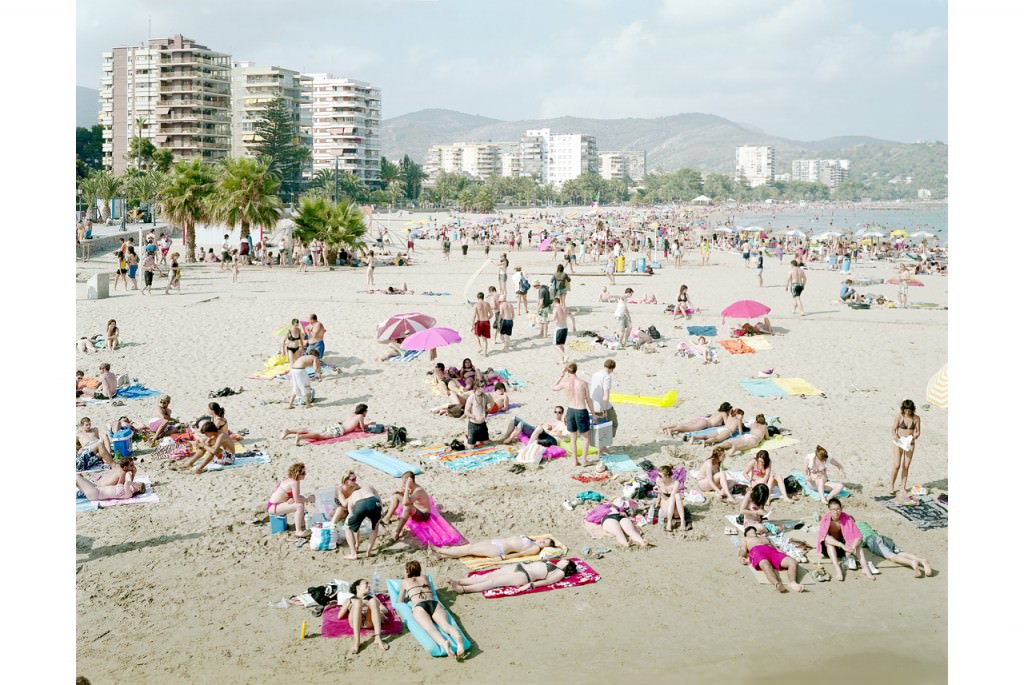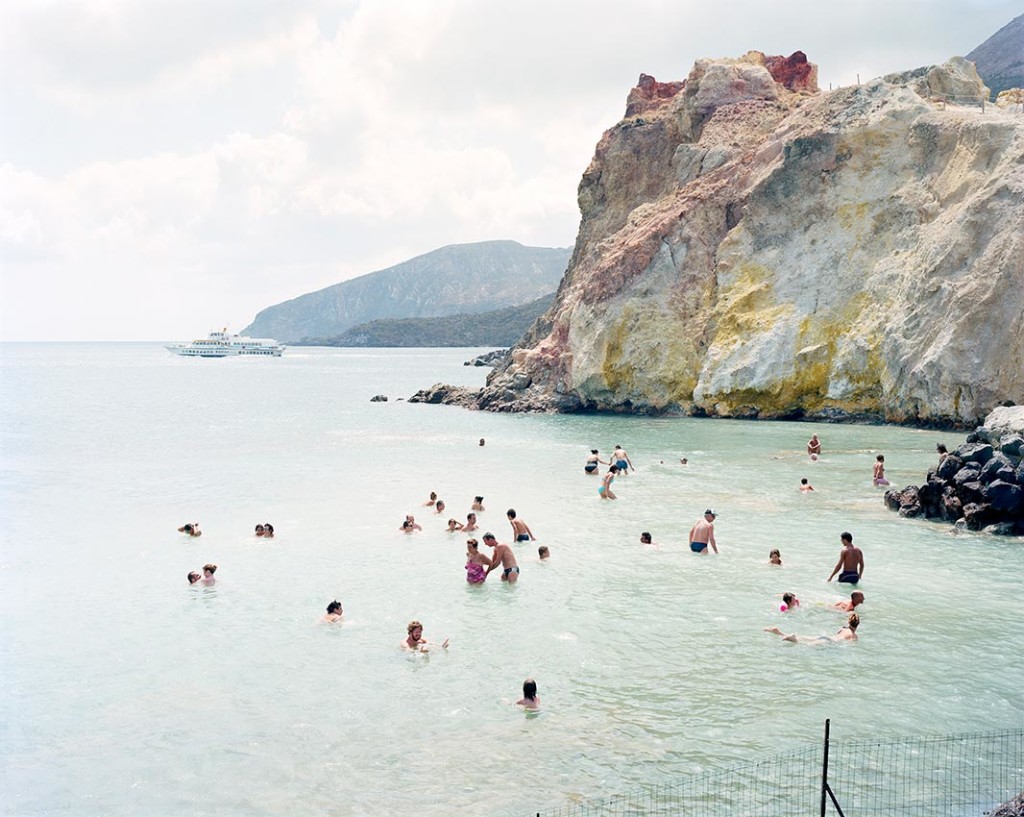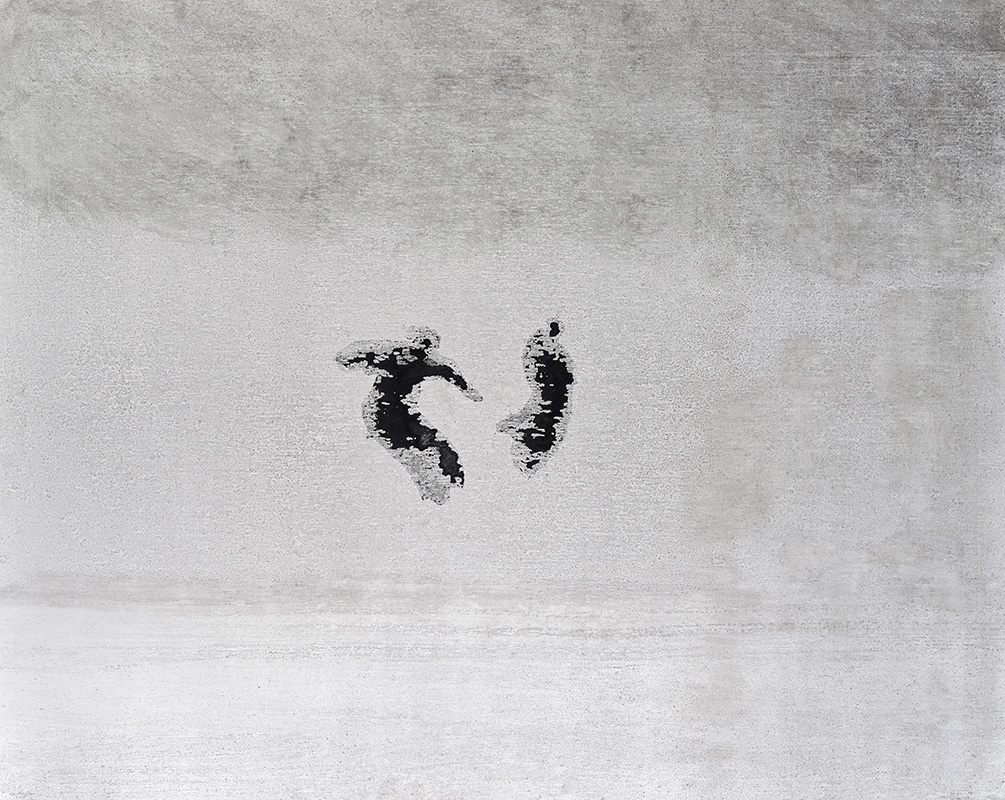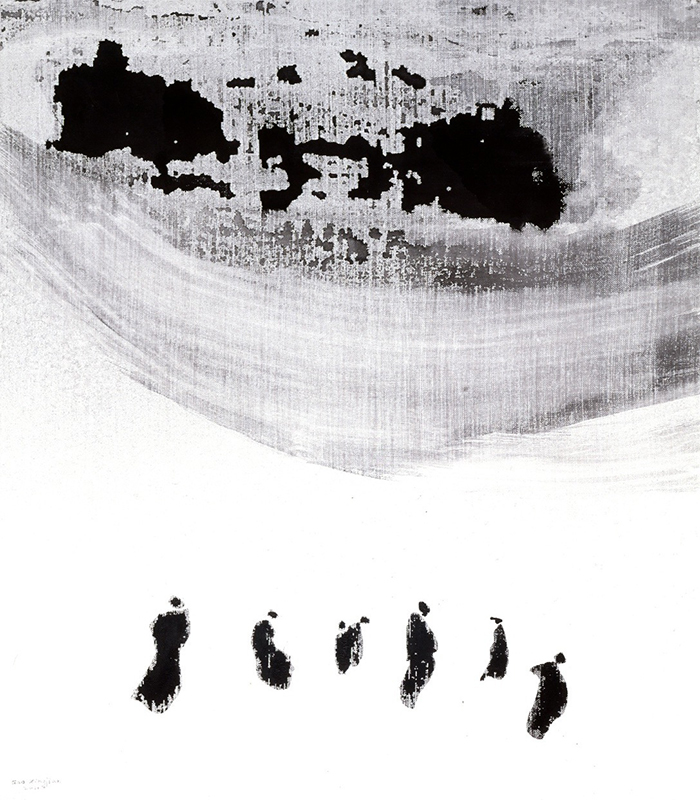- No products in the cart.
Share:
07/06/2020
Carlos Durán says lockdown, but he should say карантин. In both English and Russian, the confinement has been for Galería Senda, which Durán founded in 1991, an unexpected springboard in the international market. For a week – yesterday was the last day – the Pushkin State Museum of Fine Arts in Moscow has had this gallery from Barcelona as an ally in an online video art project. TEDIUM includes around twenty artists, of which 9 are Catalan. Durán still doesn’t believe it. «How is it possible that a microscopic gallery in Barcelona like ours could work side by side with the Pushkin? It is incredible!» The enthusiasm is palpable even through the screen that separates us, as he excitedly remembers the long month of working with the Russians. “It has been a privilege,” he concludes. The Pushkin project is also, in a way, the fruit of the “existential change” that the gallery undertook five years ago and which, according to its director, seems to be the right path. A change that implied rethinking its philosophy, searching for ways to interact with the local public, to look for “responses beyond sales” and, ultimately, to generate “an enrichment somewhat greater than the exhibition itself.”
The Senda Gallery team saw the confinement coming almost by intuition and it caught them “less unprepared” than they would have thought. The last days the activity in the Trafalgar street premises was frenzied: «We ran to close pending issues of Arco, we were scared of purchase cancellations or of customers cooling down, as has indeed happened in the end». While they were managing the last duties before locking the door of the gallery, they were already thinking of what they would do until it was time to reopen. But despite anticipating the pothole, they did not suspect its magnitude. The gallery had never been closed for so many days. A situation that, however, and seeing the results, Durán does not hesitate to describe as “curious, entertaining, and less arduous than previously thought.
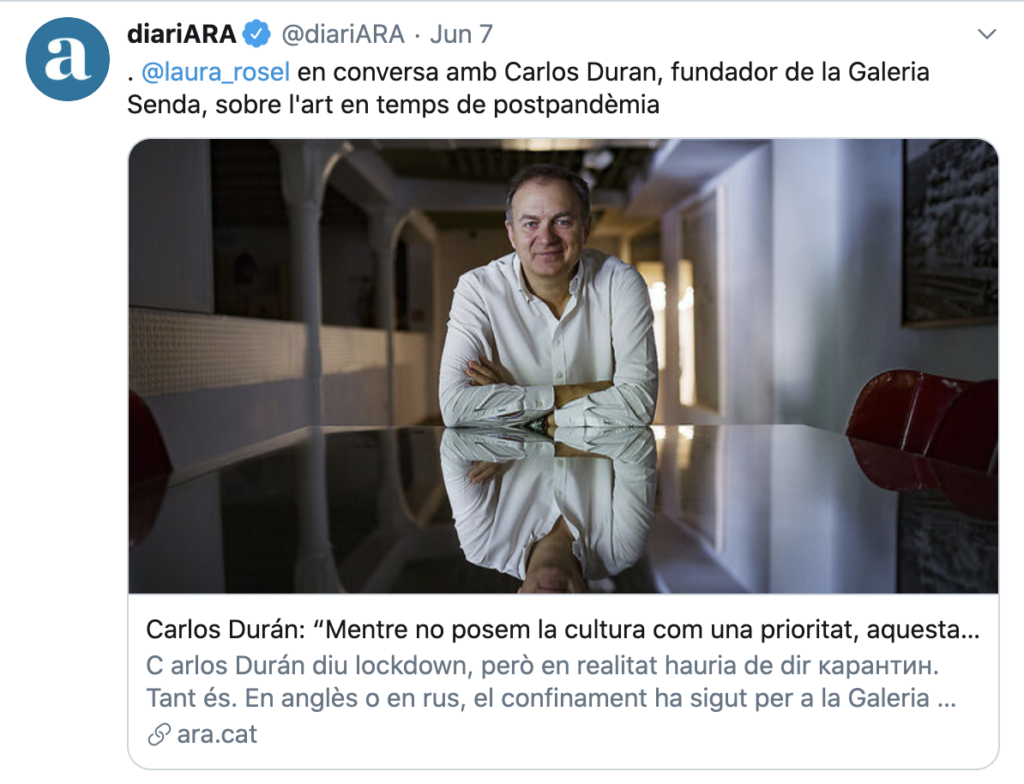
Russian incursions aside, for the director of the Senda Gallery, the confinement has been the desperate confirmation of the bad prognosis for the sector. Culture is in the ICU – “this is unquestionable” – and Durán is outraged by the attitude of society, which he sees as too “relaxed”, accepting the cultural crisis without doing nothing to prevent it. “We have to stop this, we have to start saying it is enough.” He appeals to collective responsibility: “Everyone, from their own position, should ask themselves why it is happening.” And he reminds of the cultural past of Barcelona, exceptionally prosperous at the time when the Palau de la Música, the Liceu and the Sagrada Familia were born. “We are inheritors of a sophisticated and interwoven culture, of a society that created cultural institutions and praised painters’ schools as if they were football teams.” It might be the bad connection of the video call, but for a moment the Durán’s expression has darkened: “Until we will not make culture a priority, this society will become less and less.” And he adds: “Those that do not want to see it, they might want to hide it.” Precisely now, in the face of a crisis of such magnitude, it is from the filed of culture that we should find “relief” or even “strategies to overcome it.”
